
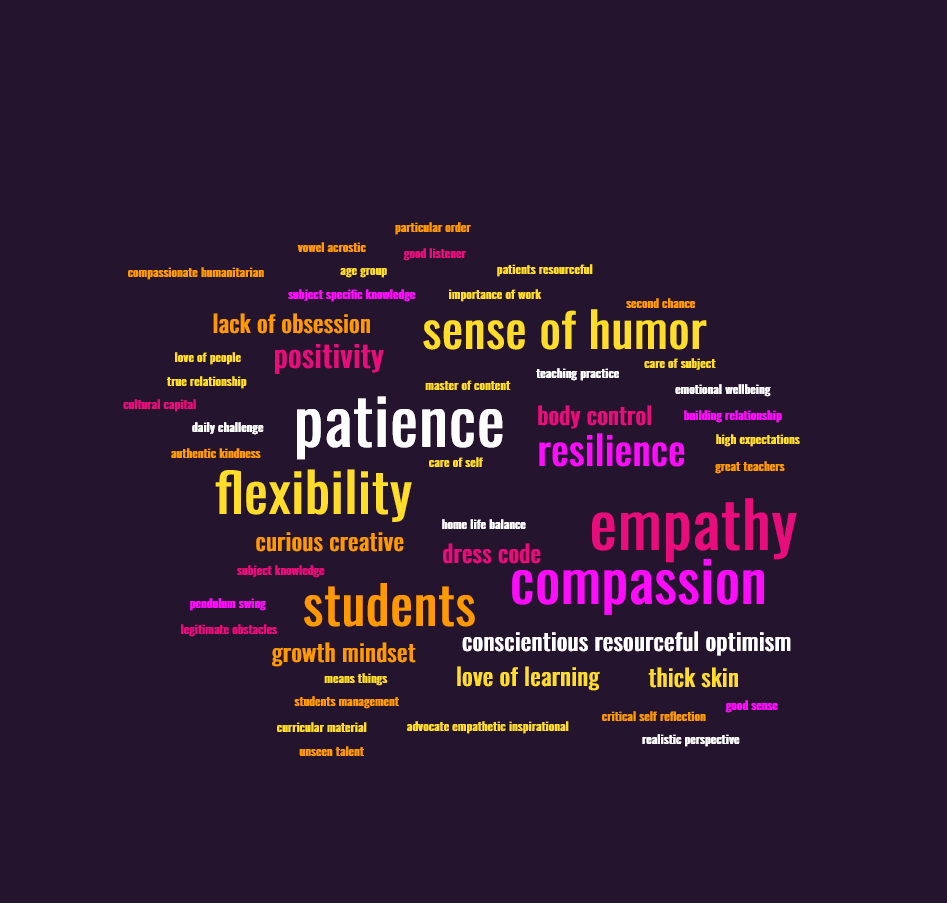
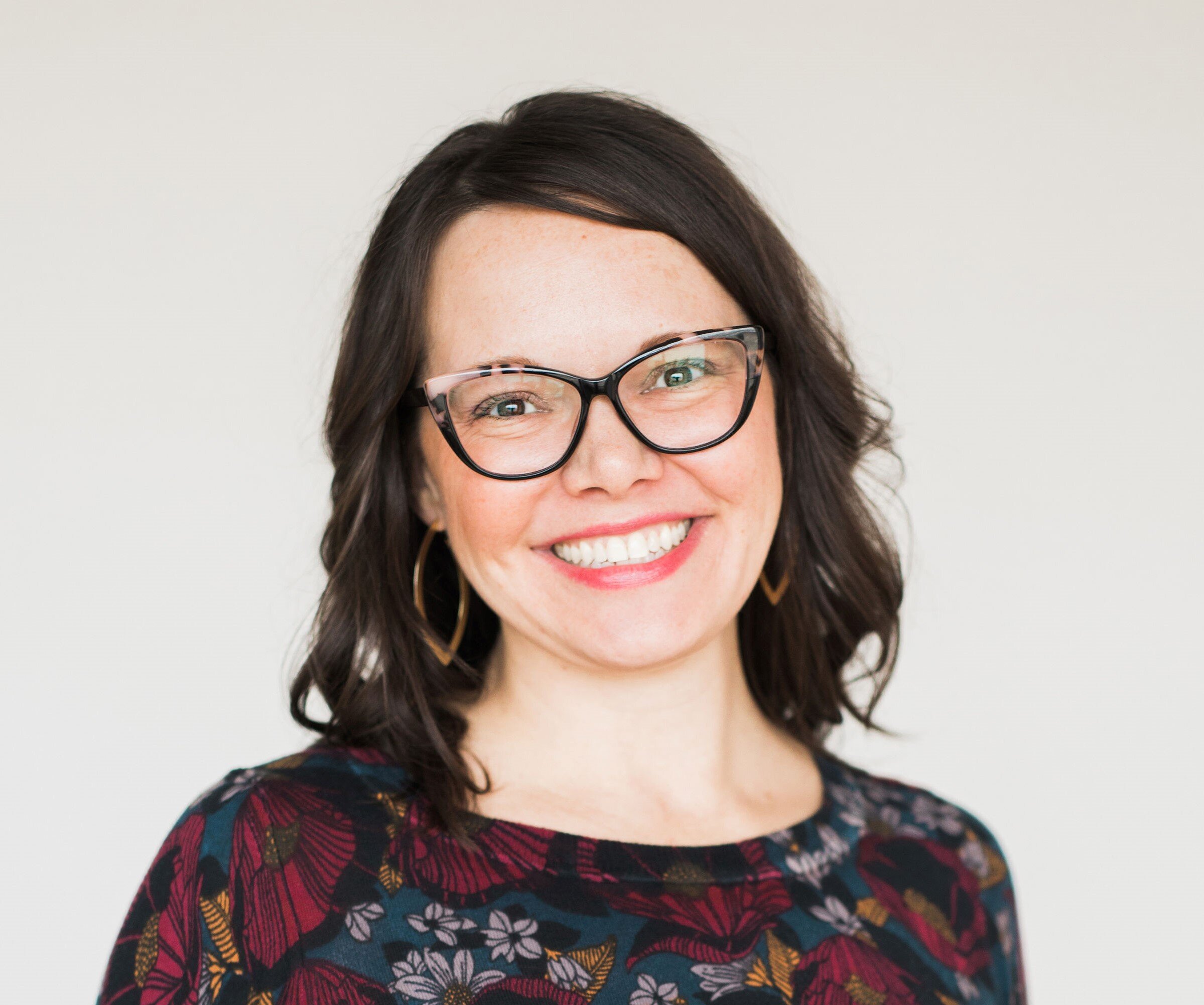

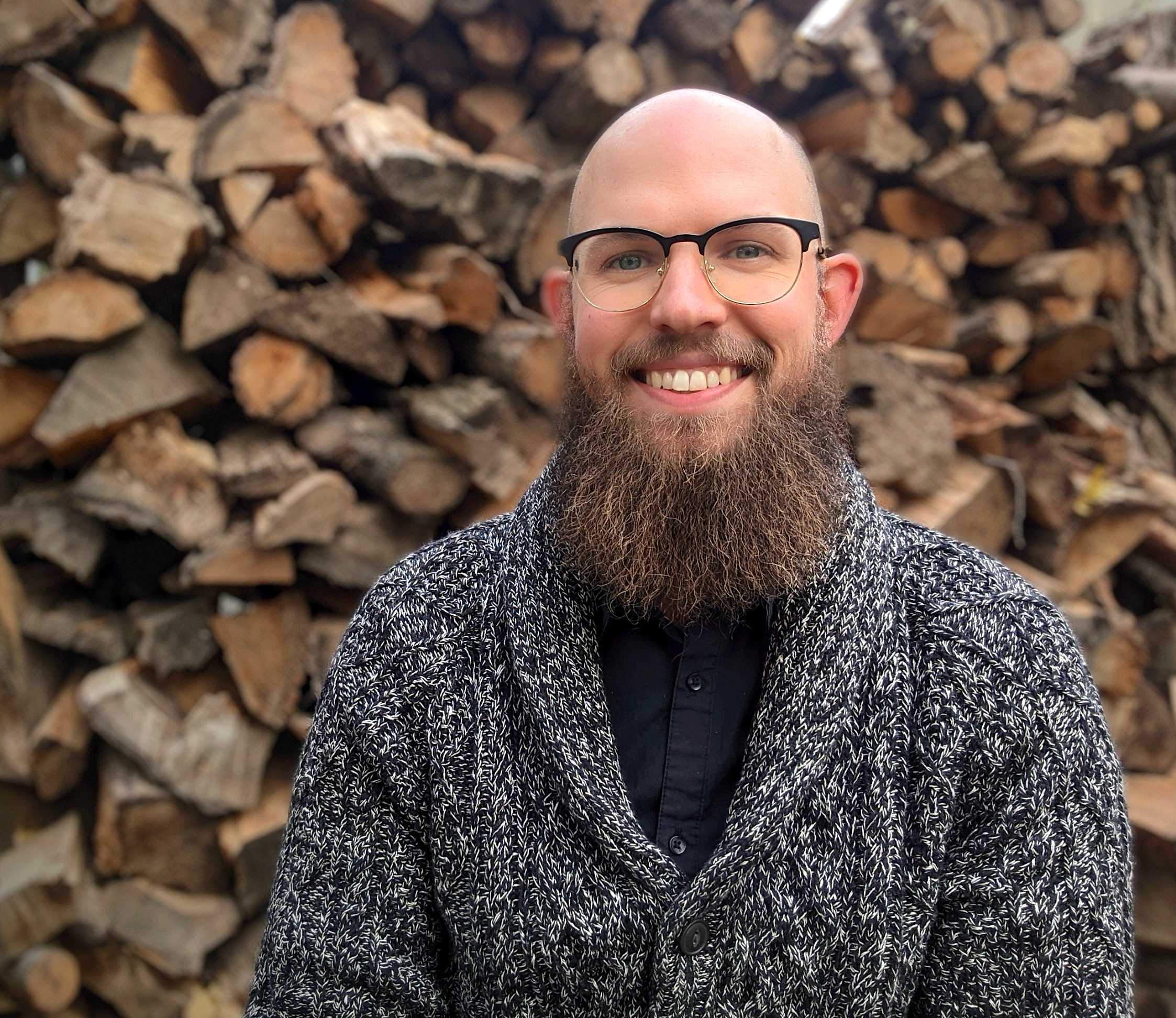
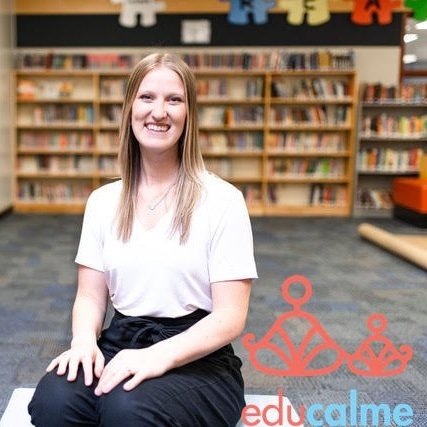
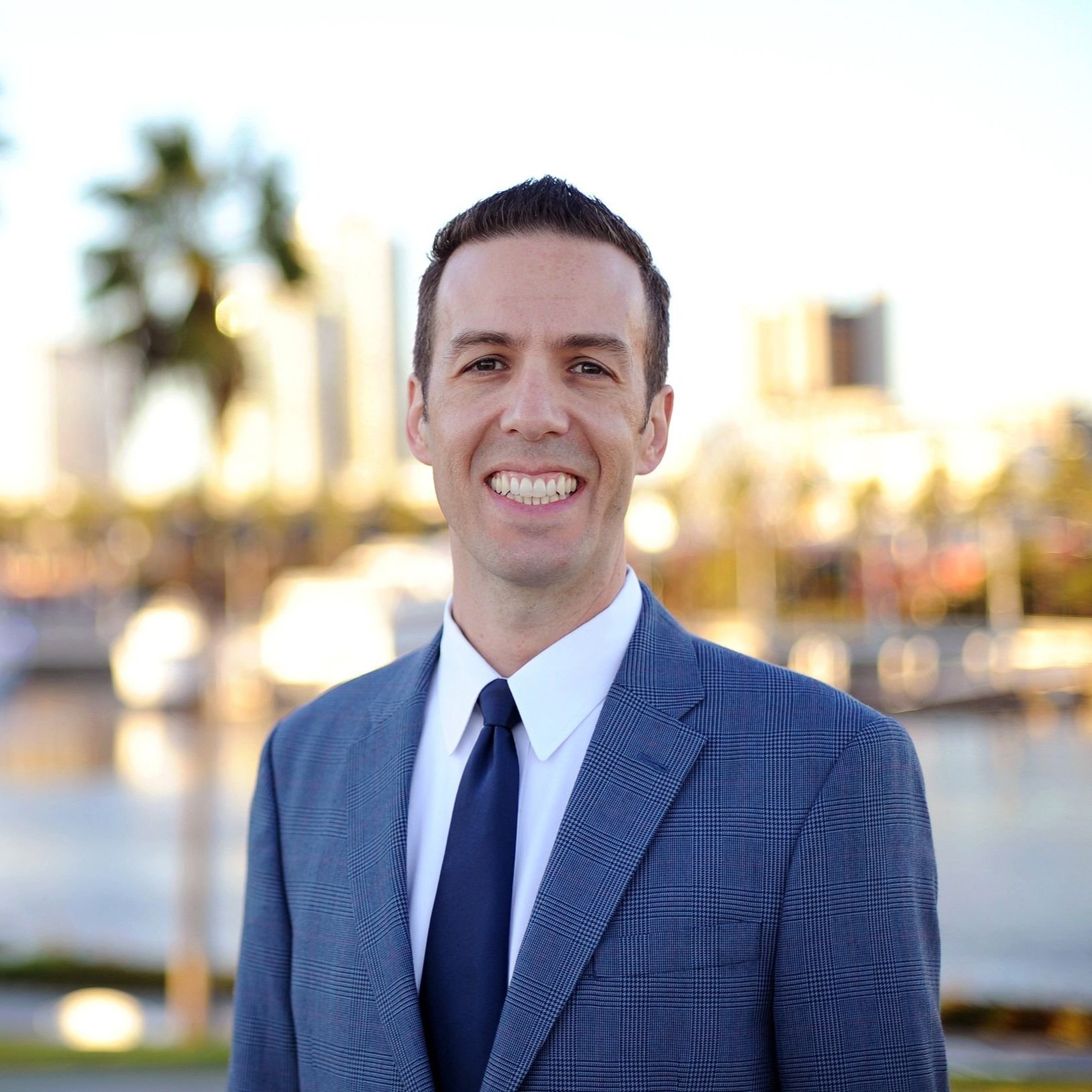
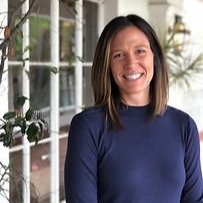
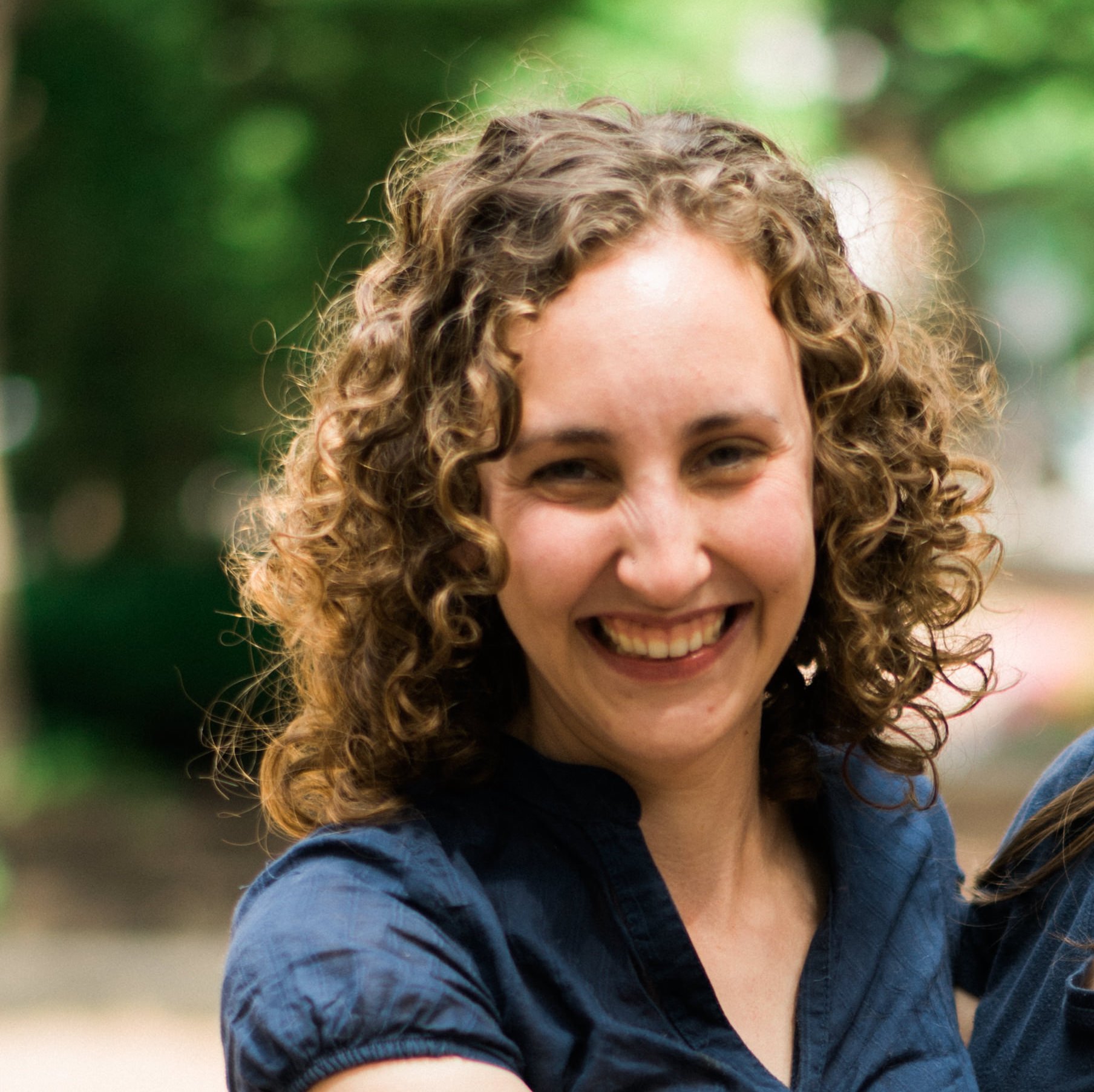
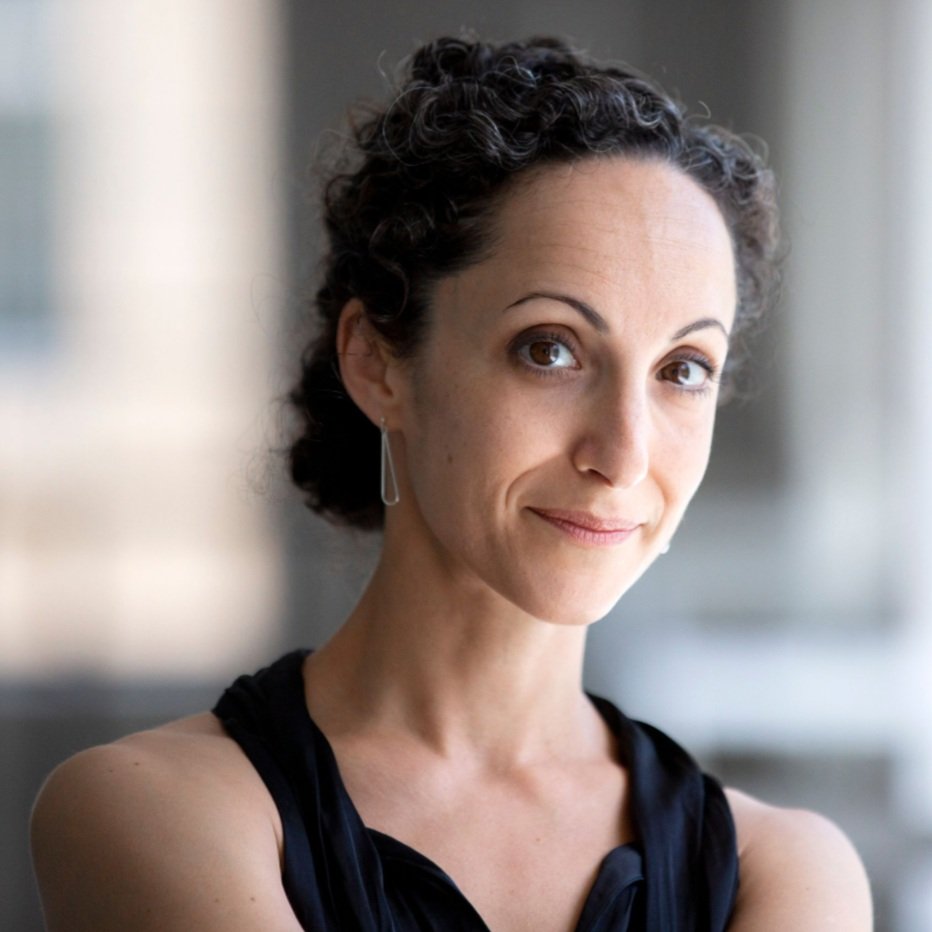
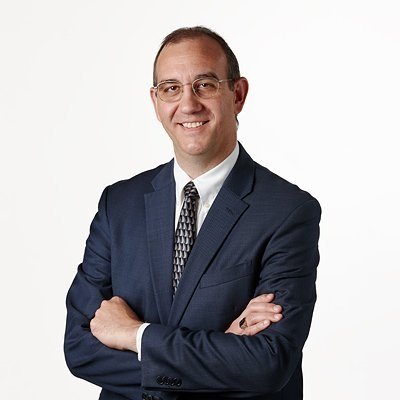
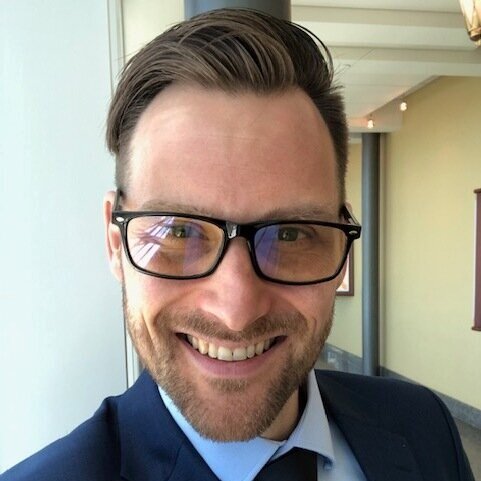
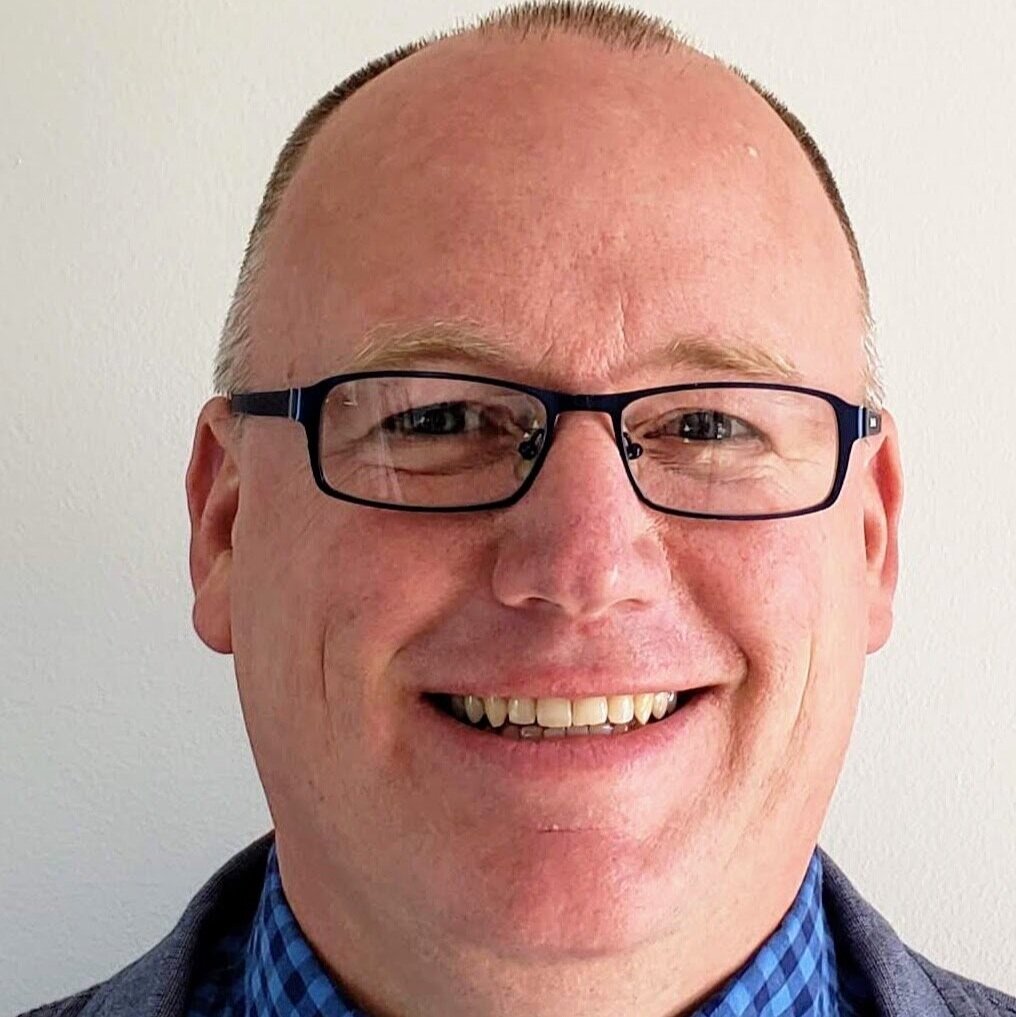
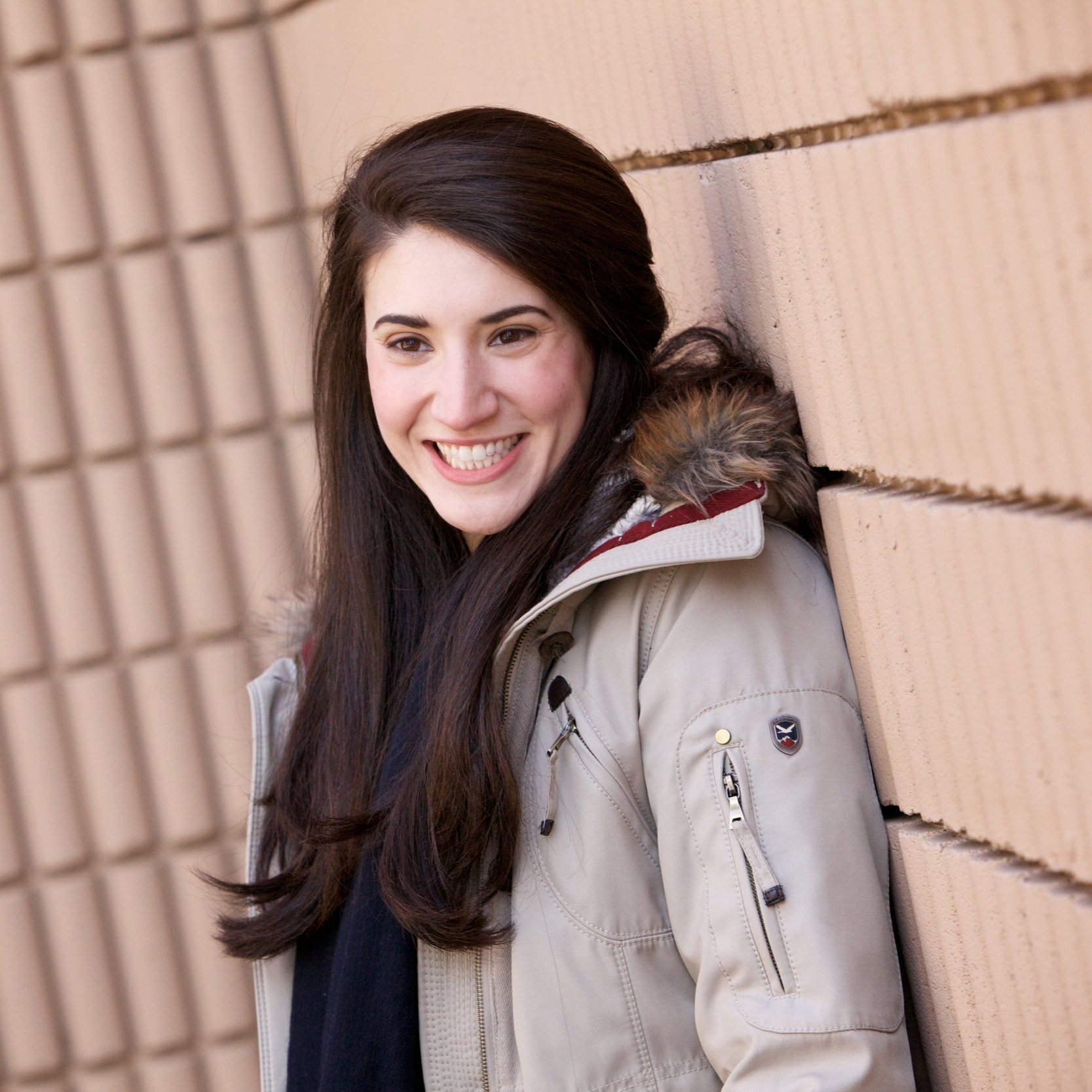
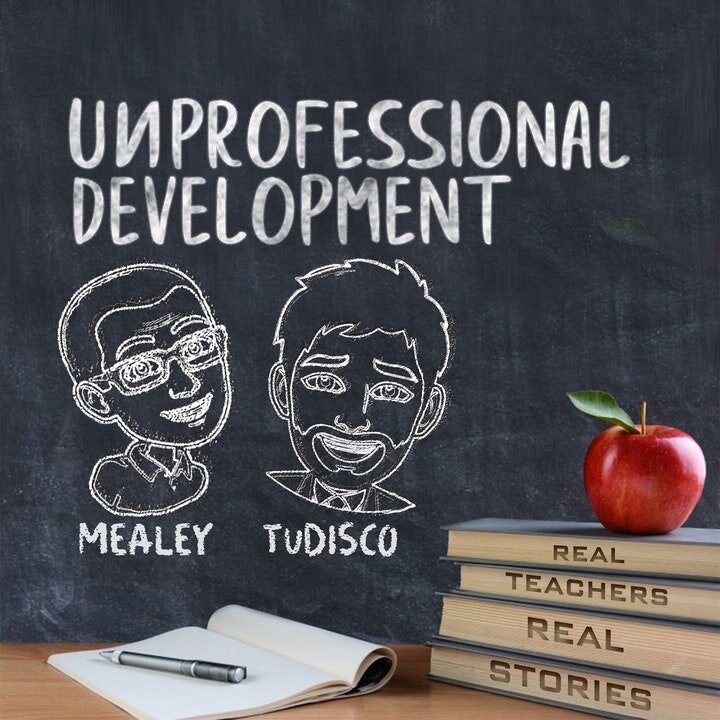
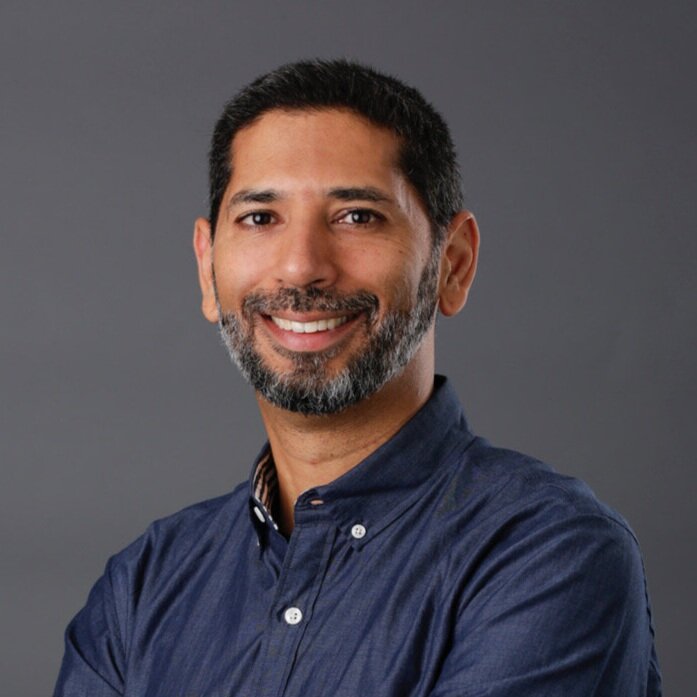
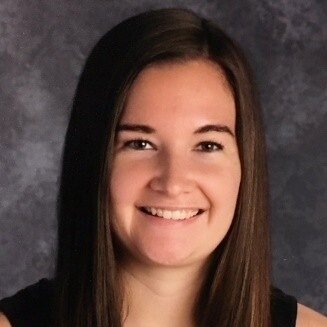
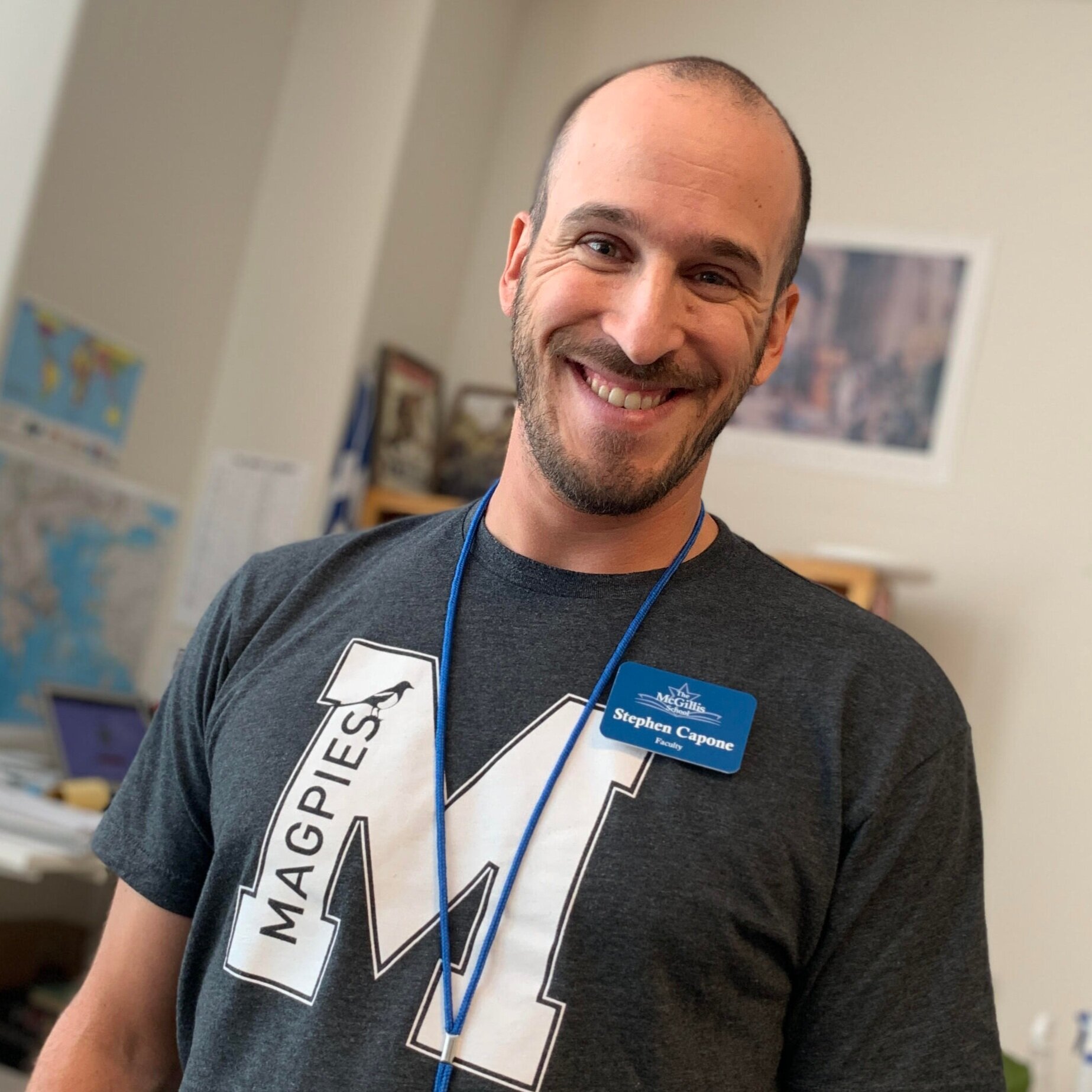
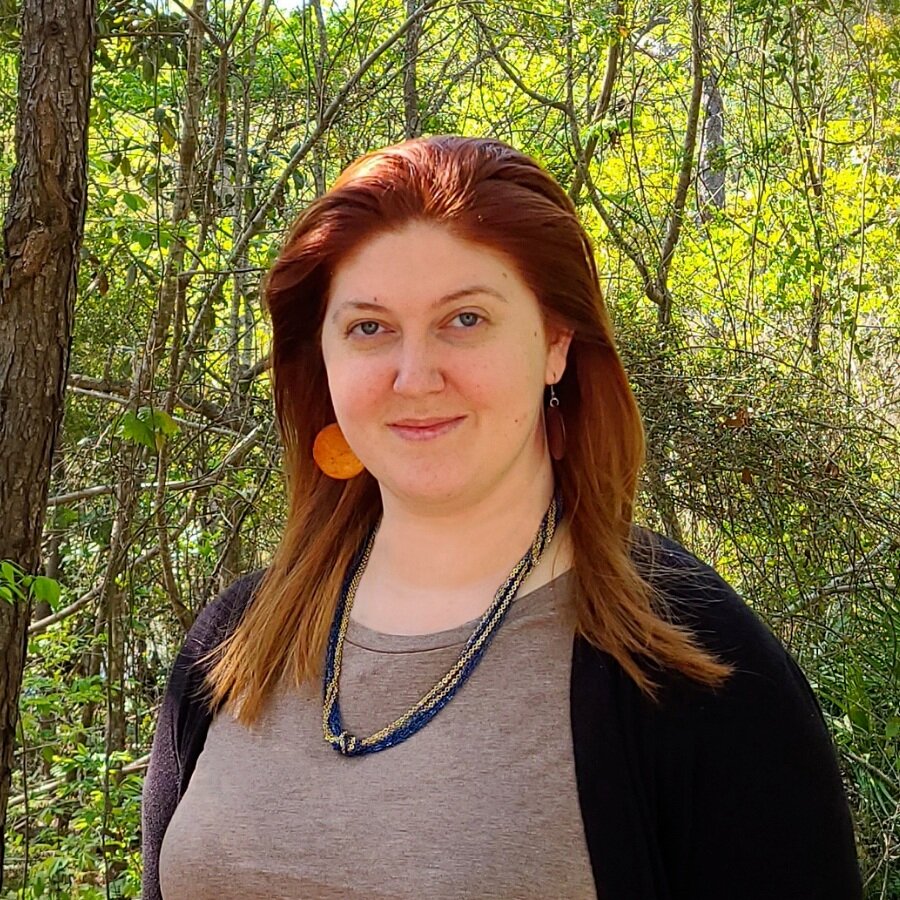
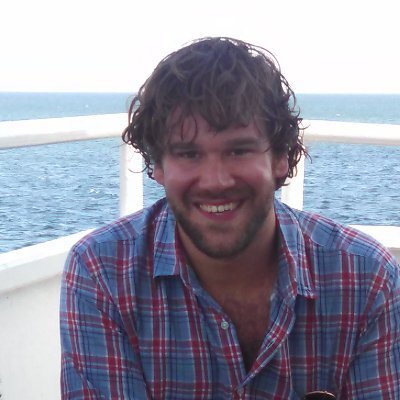
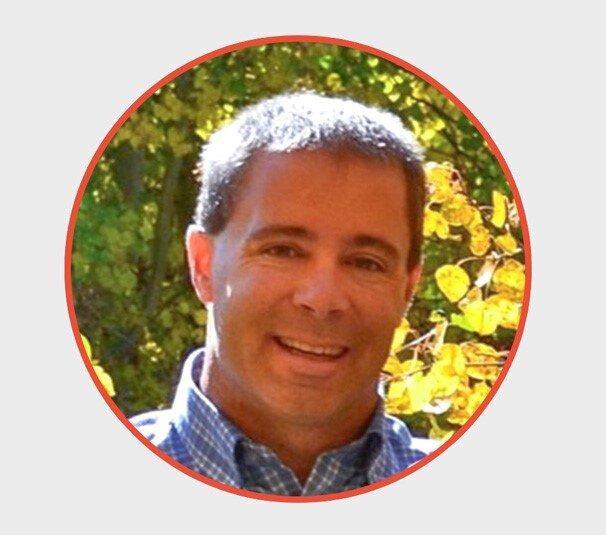
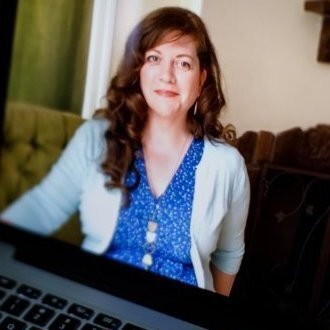
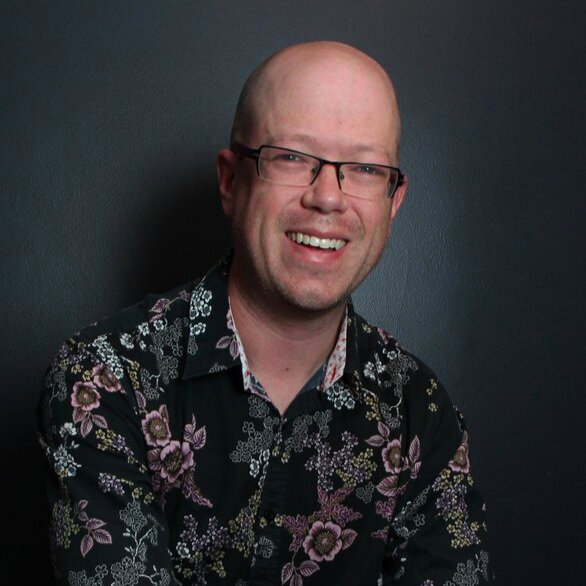
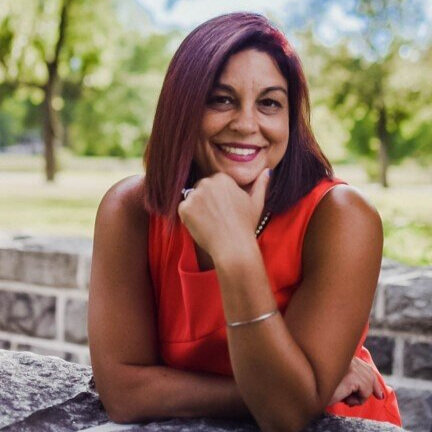
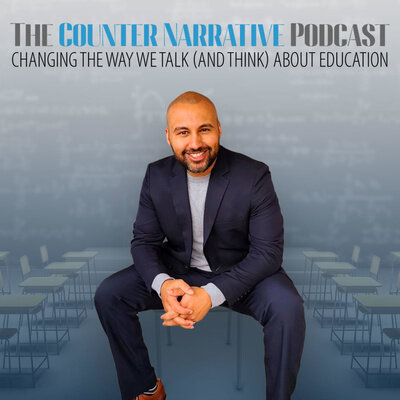

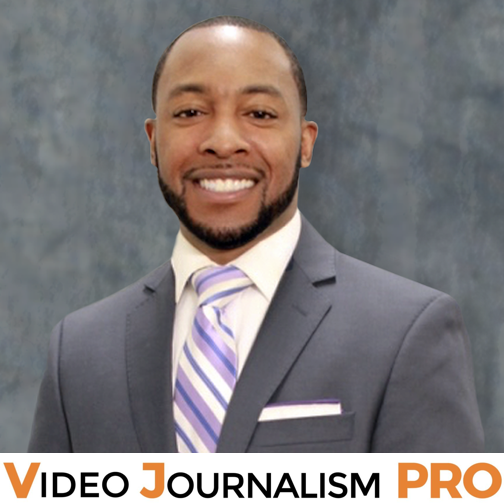
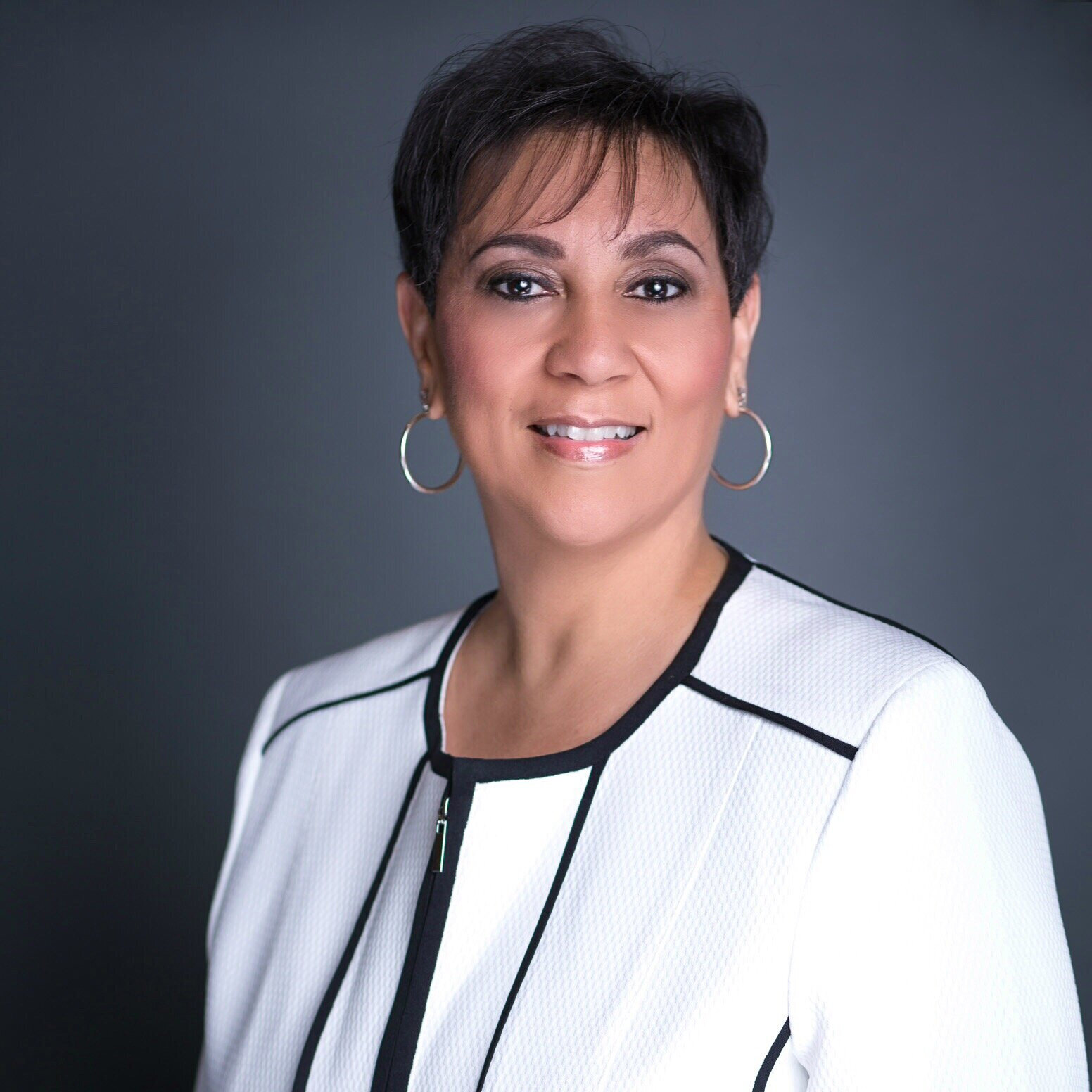
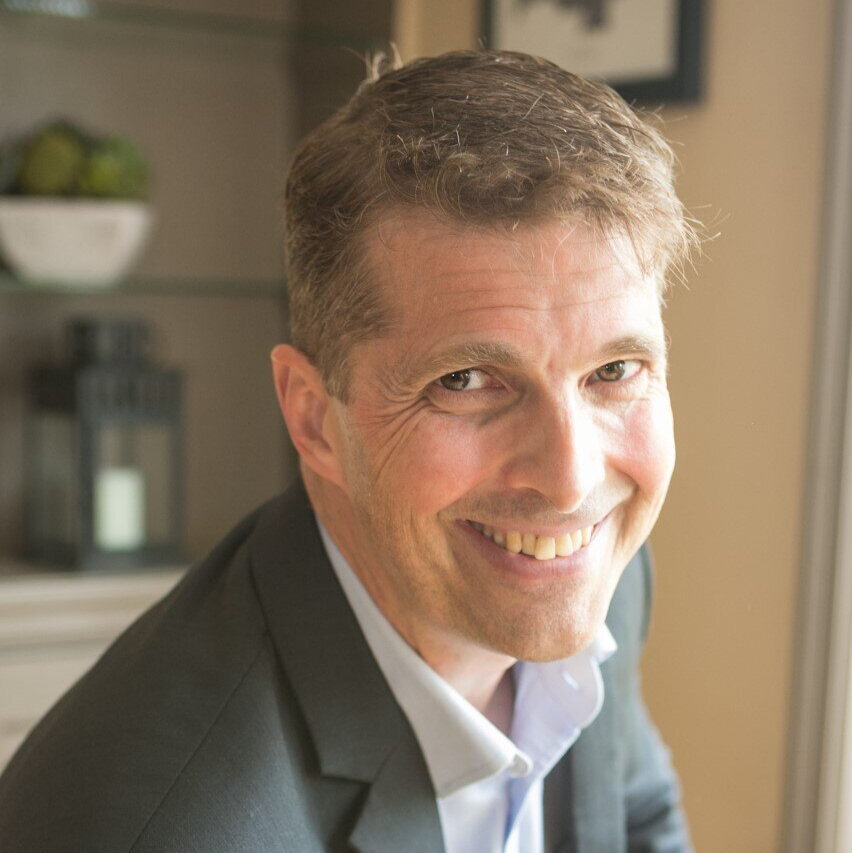
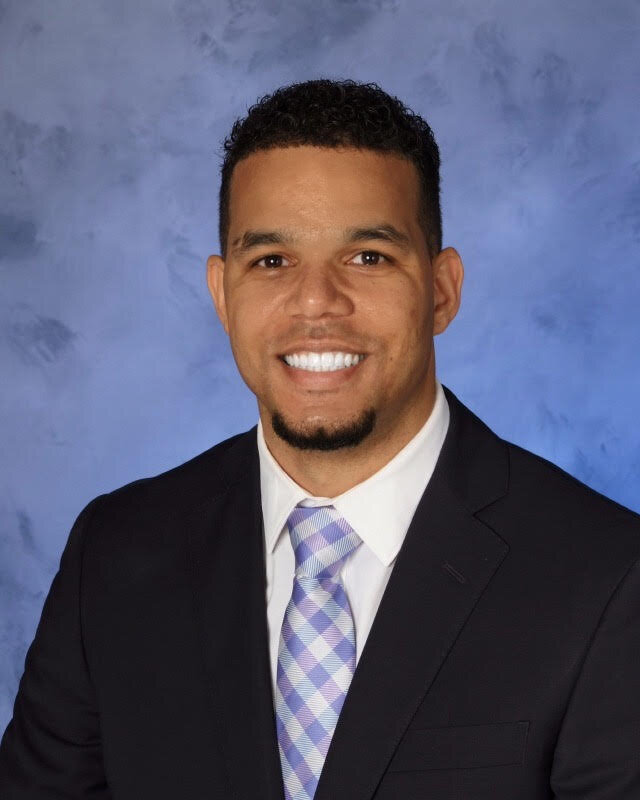

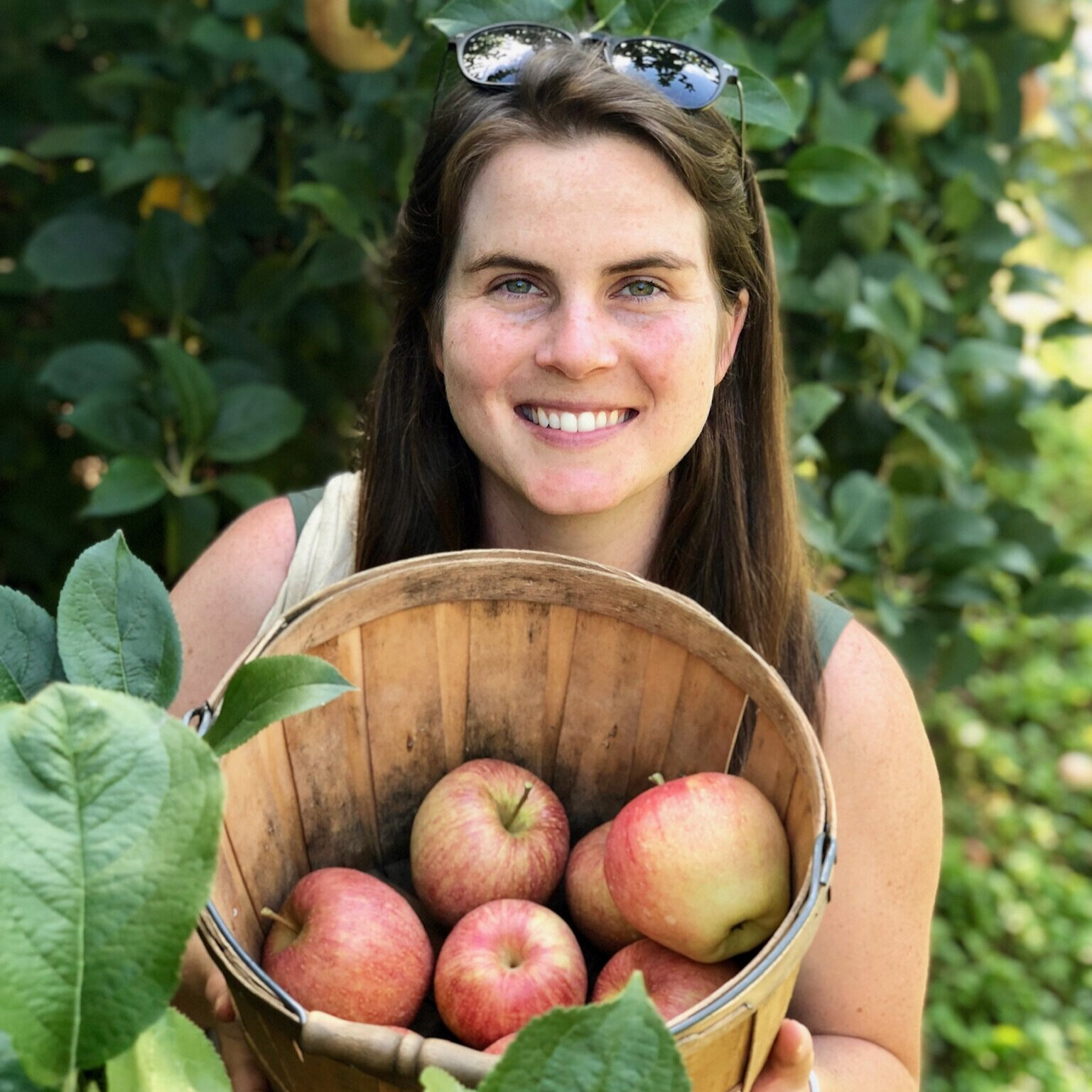
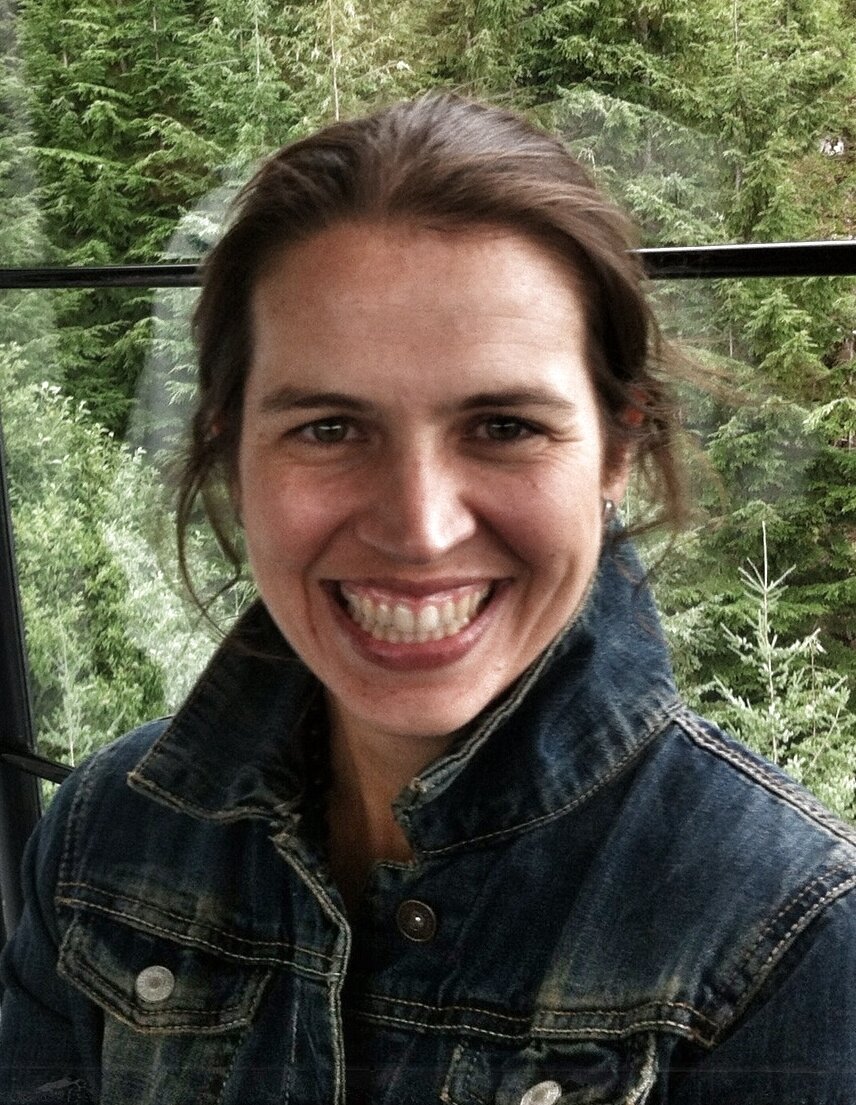
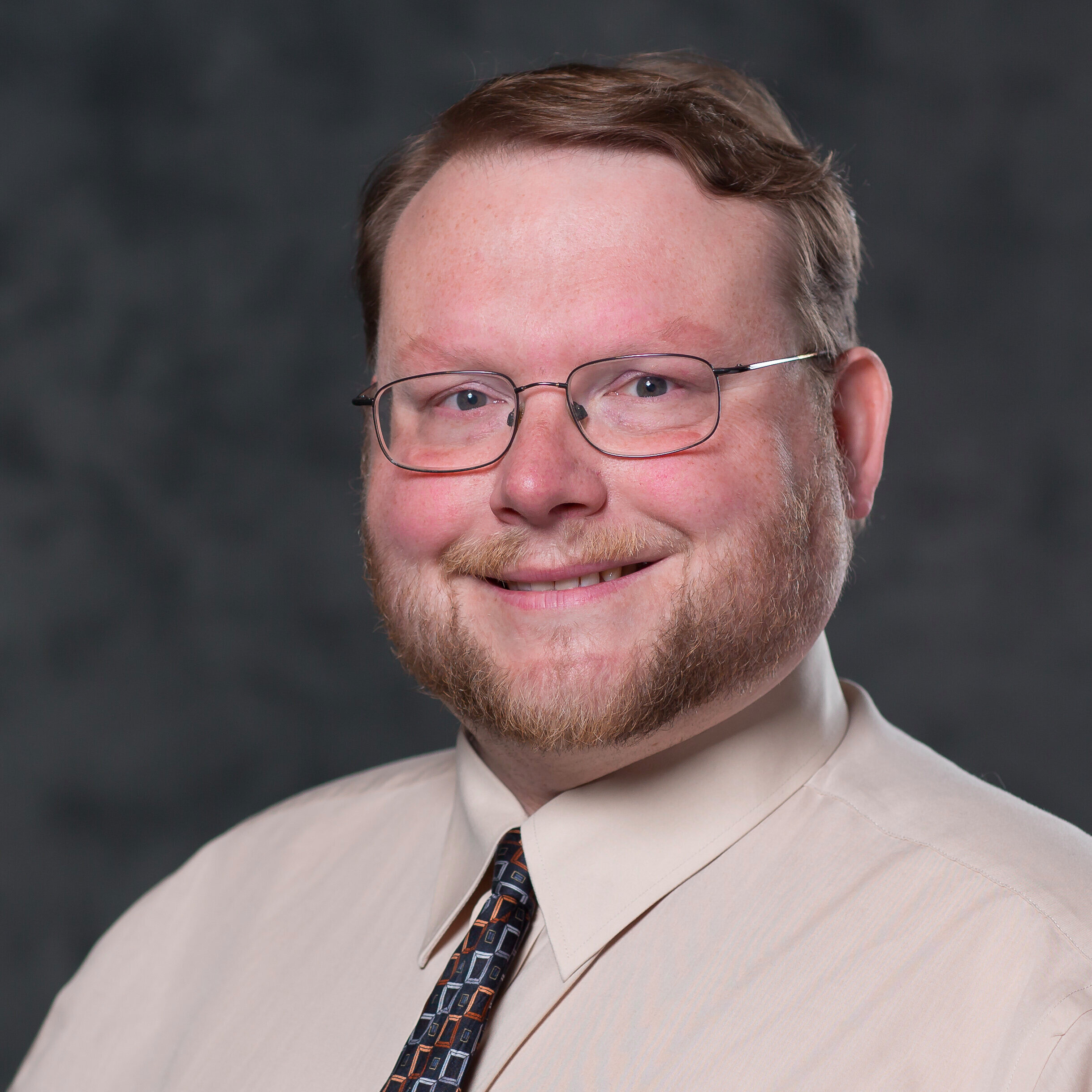
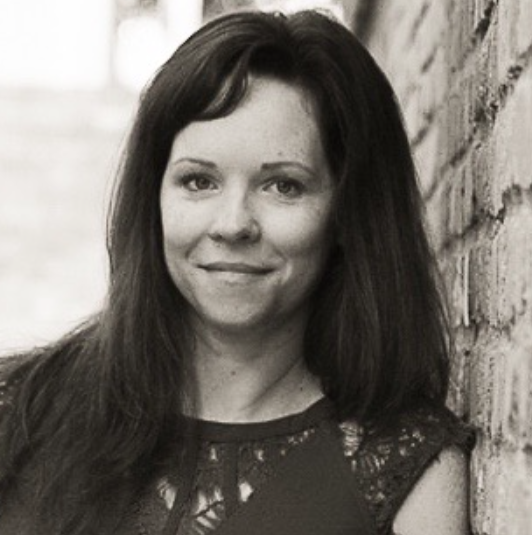
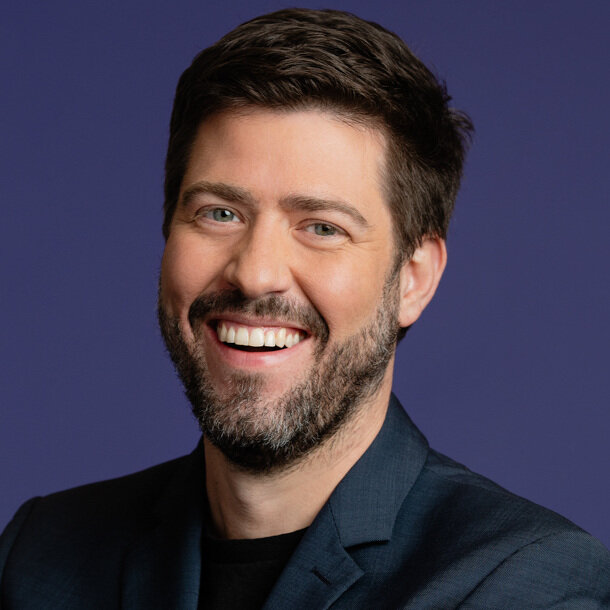
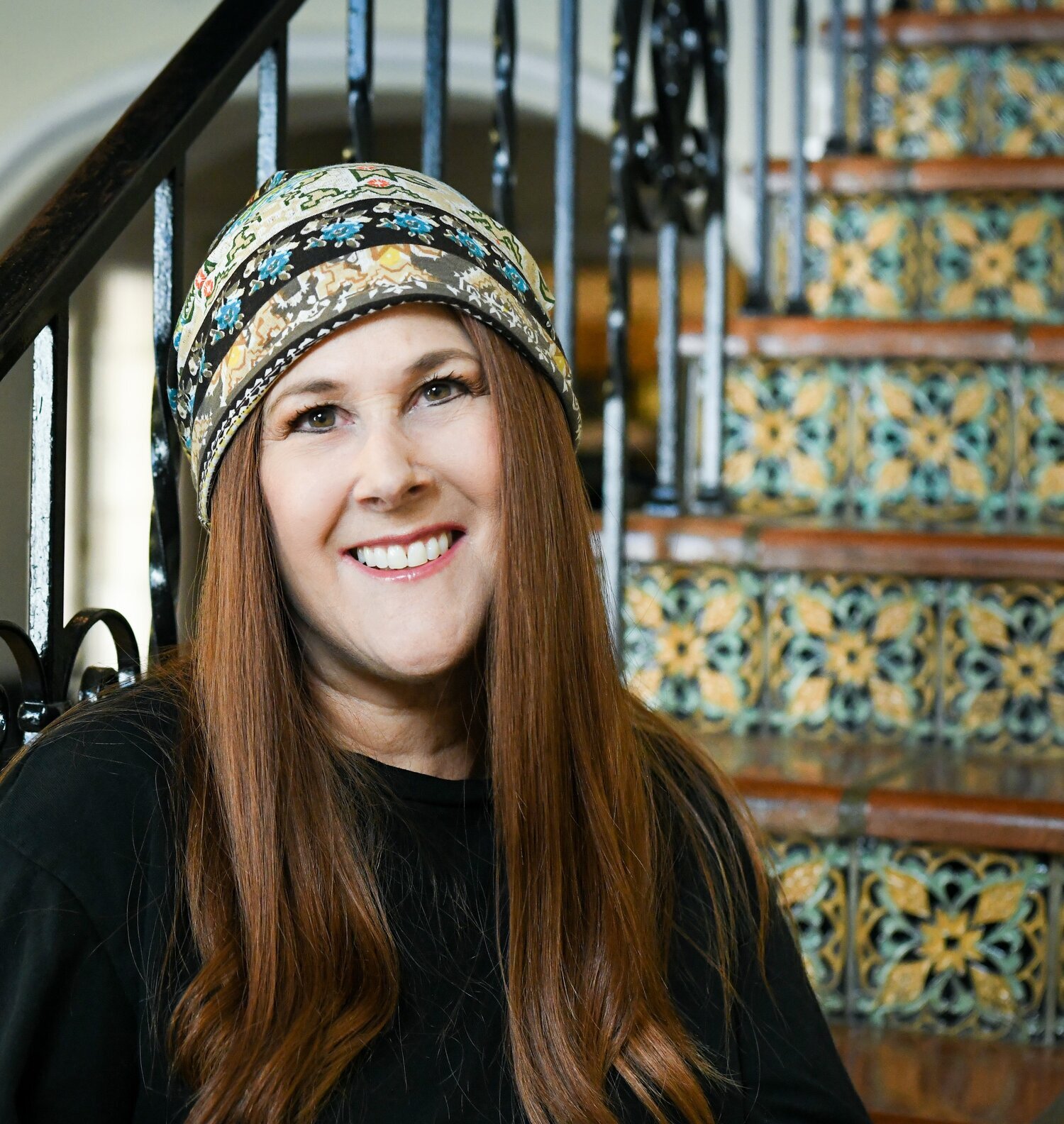
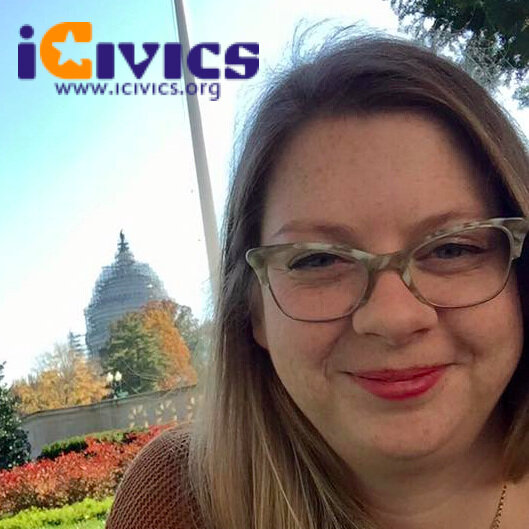
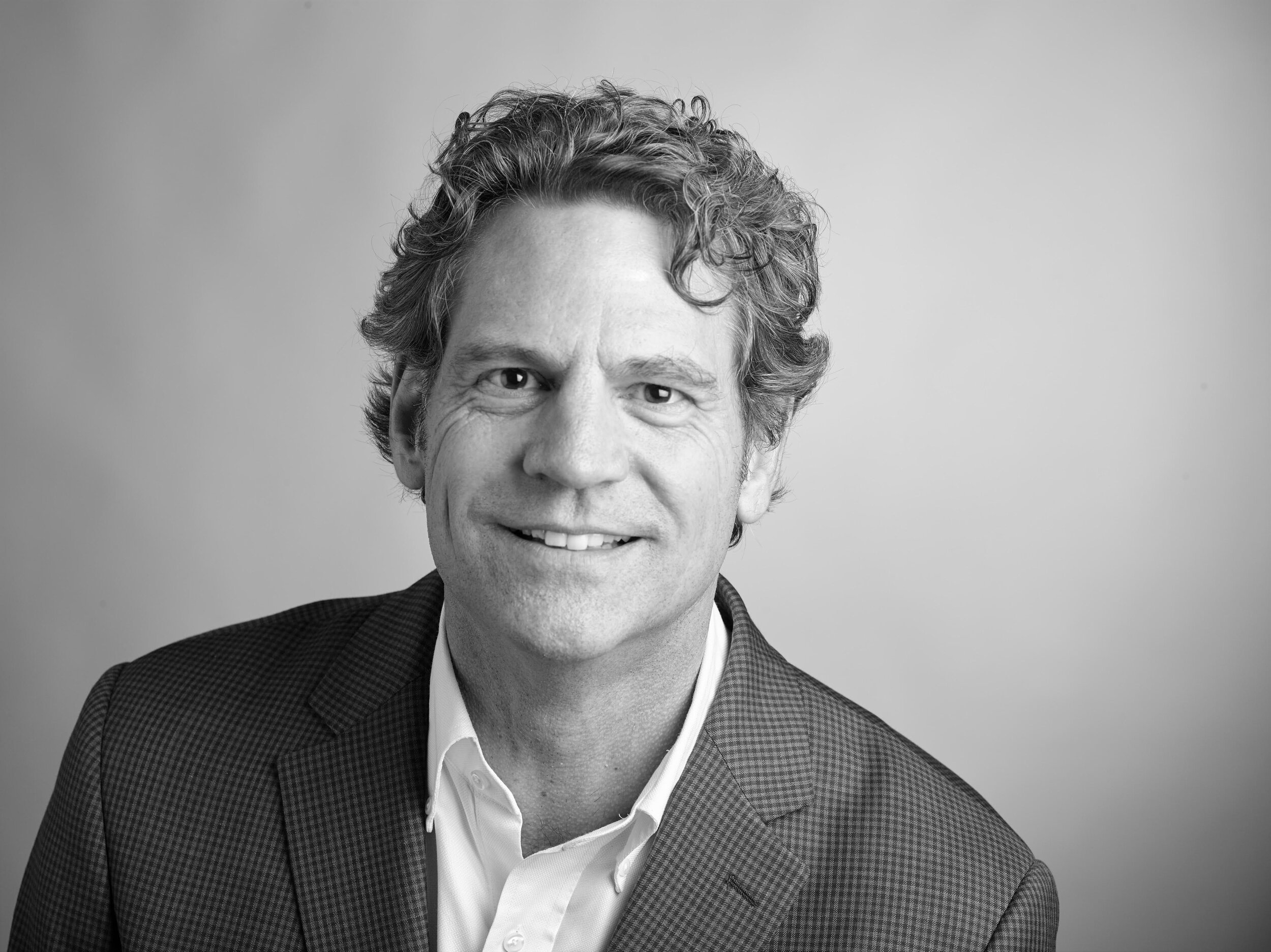


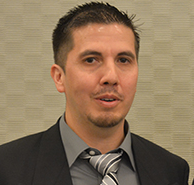
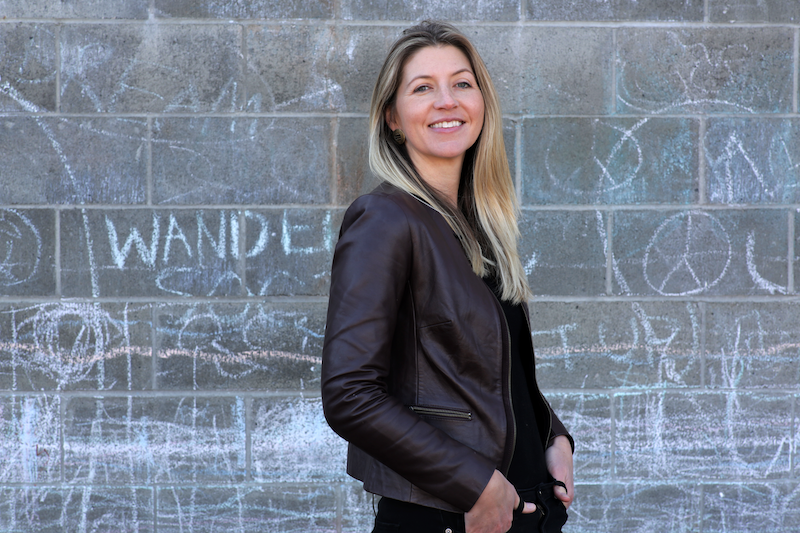
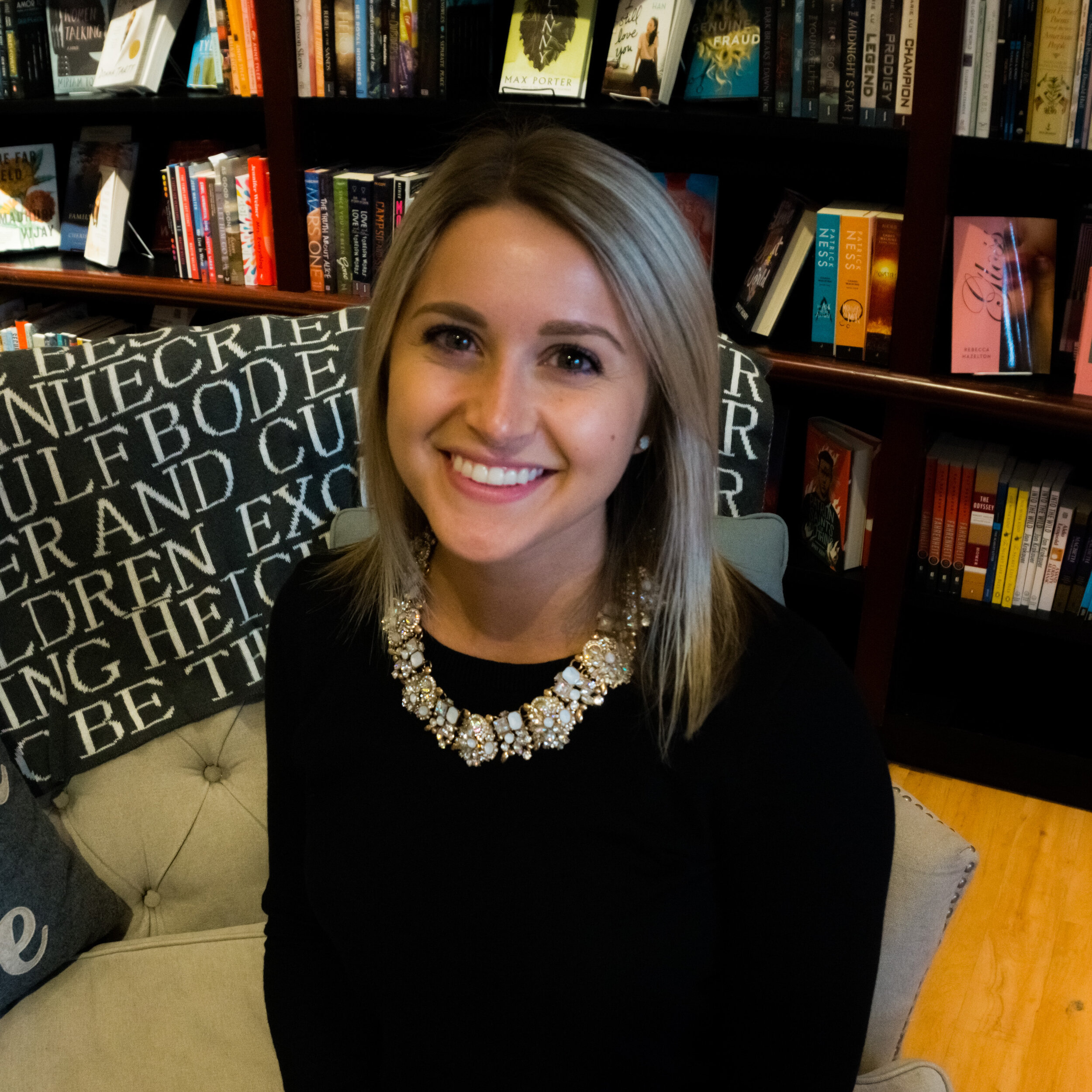

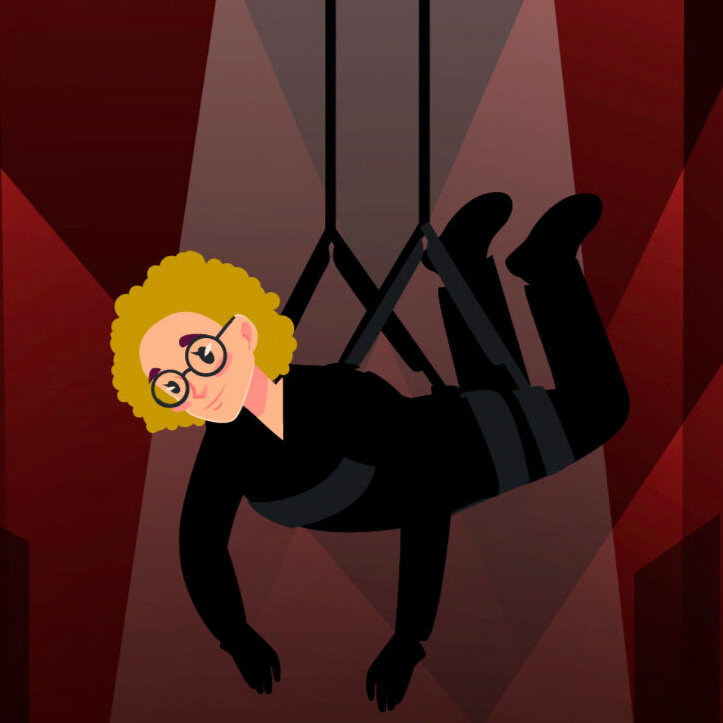
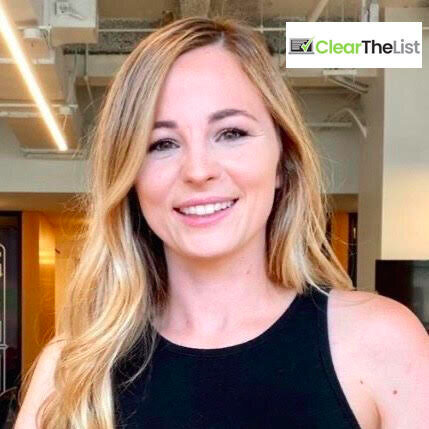
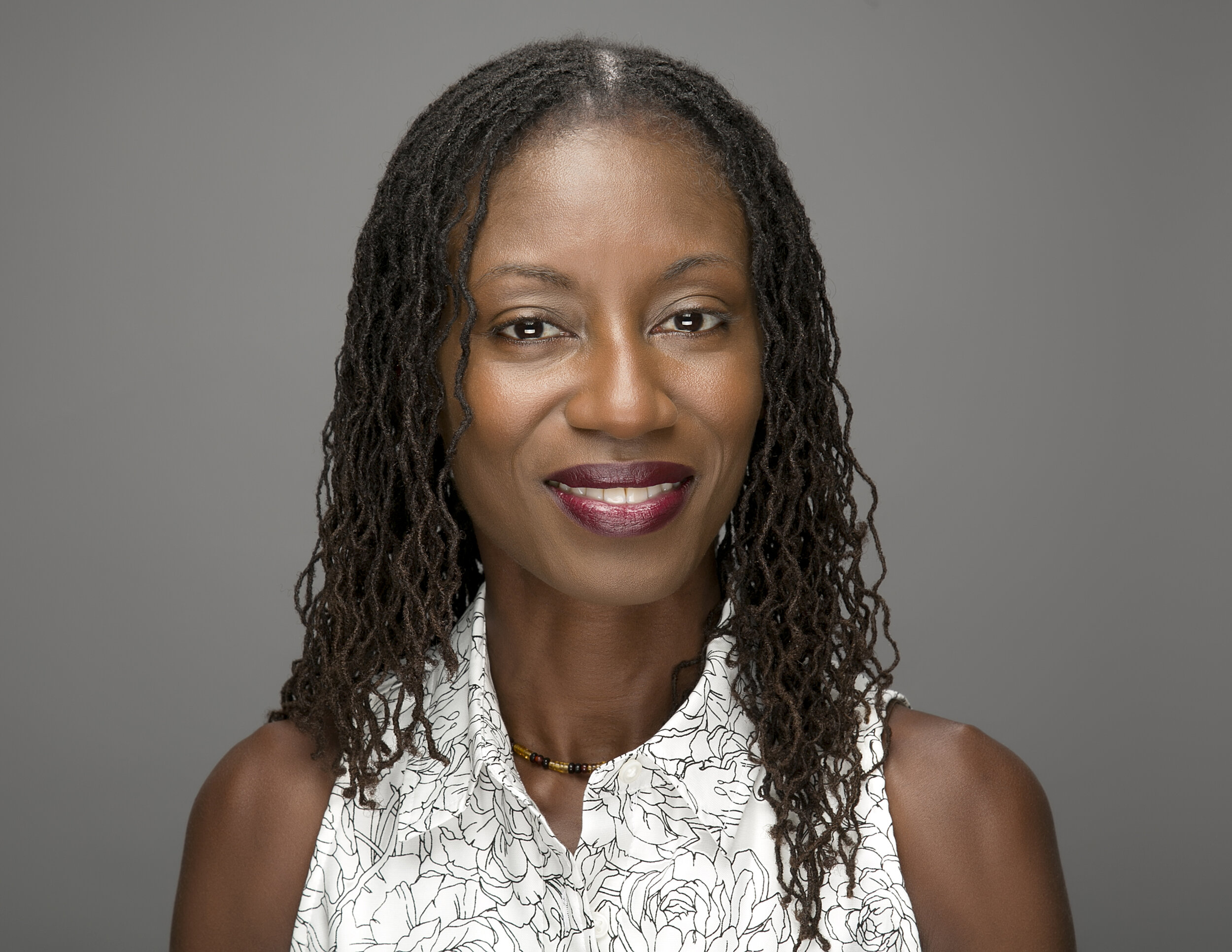
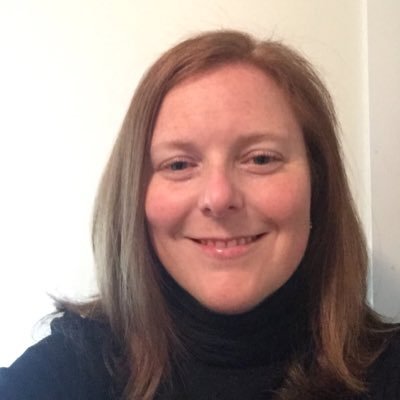
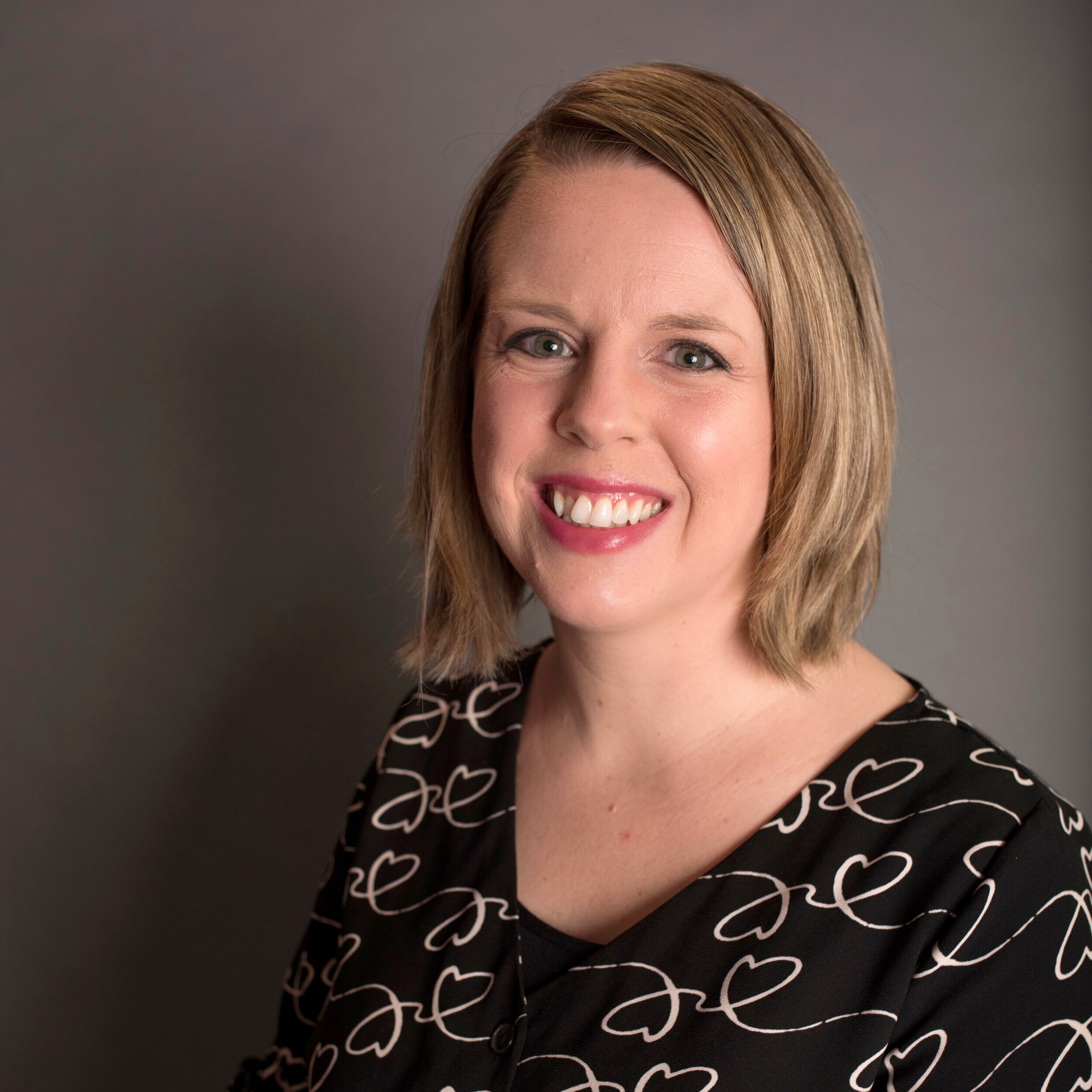
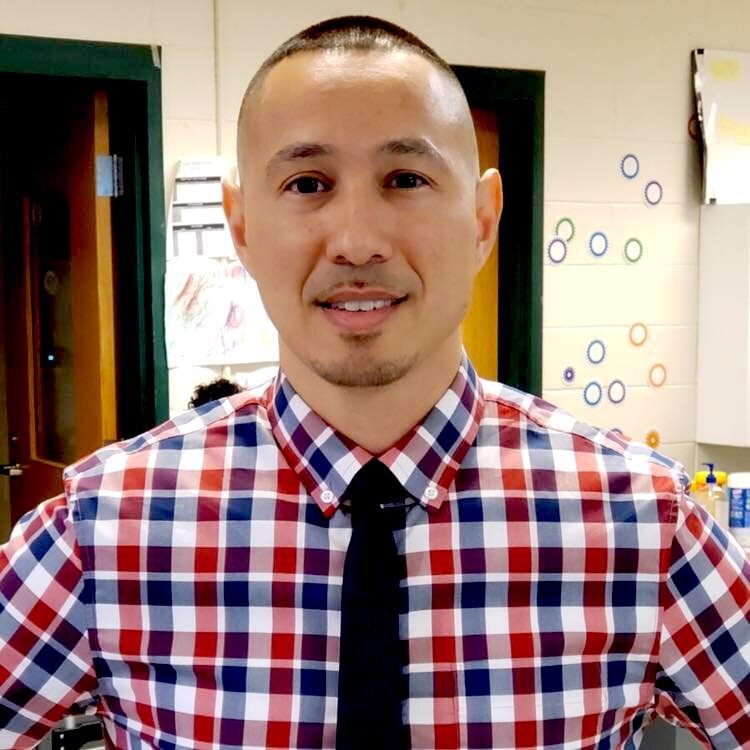
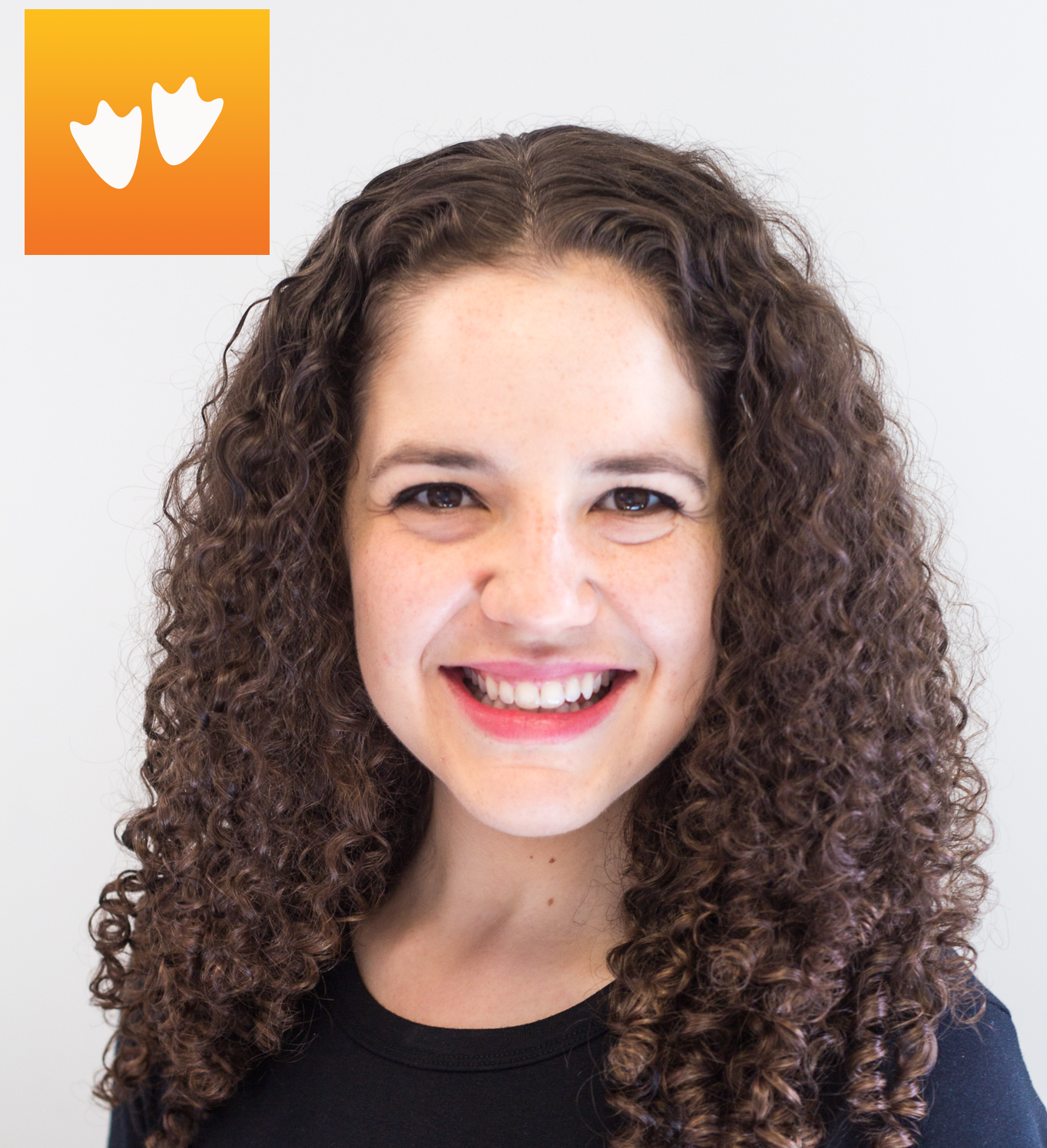
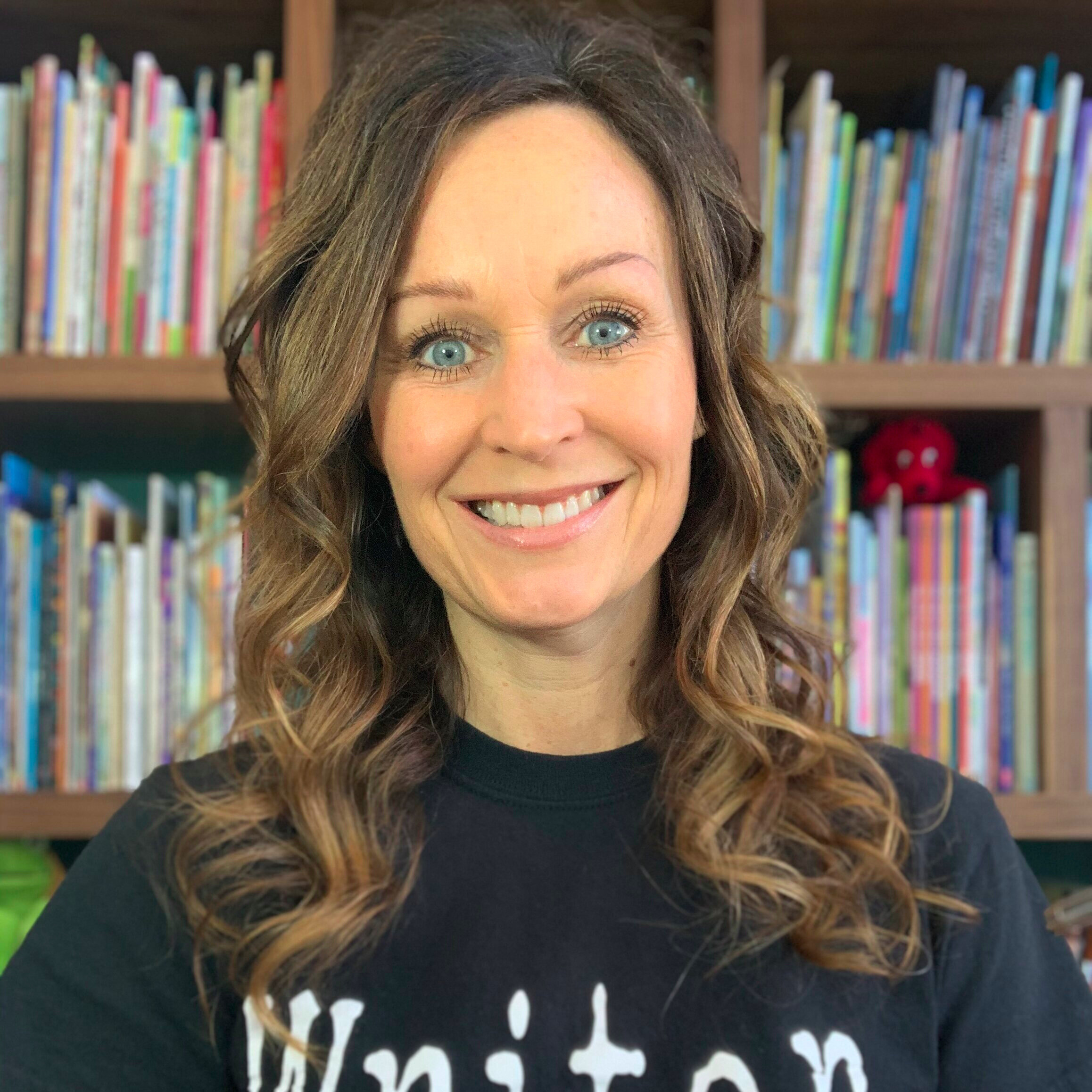
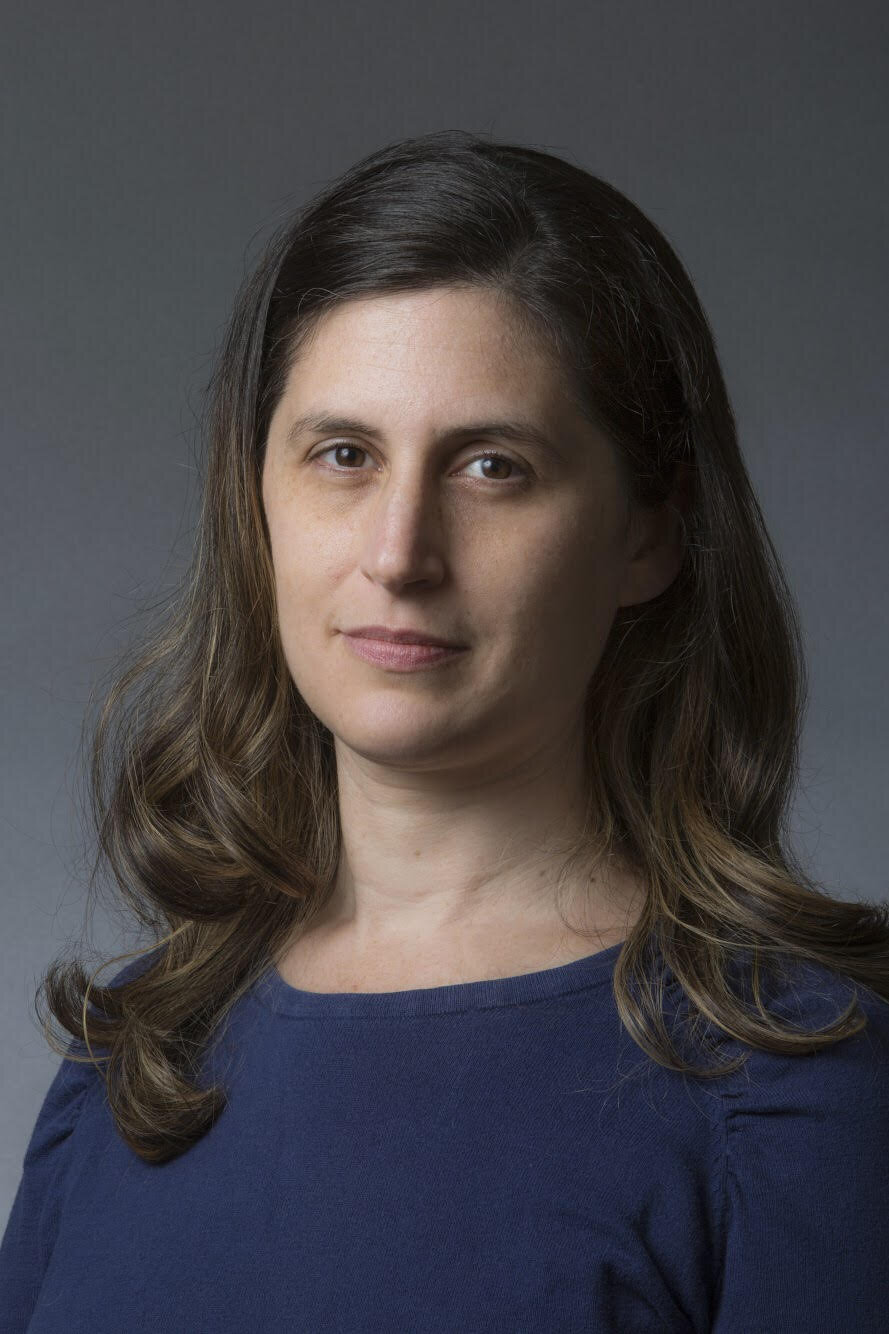
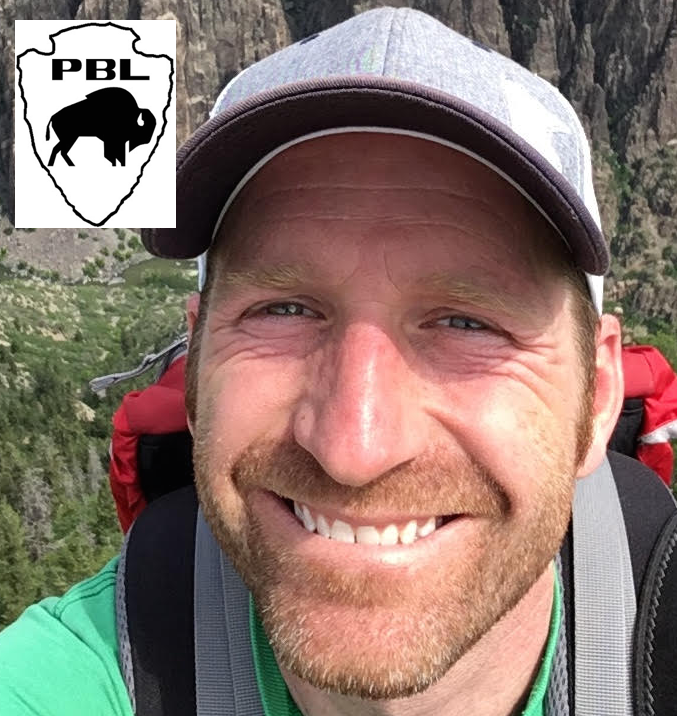


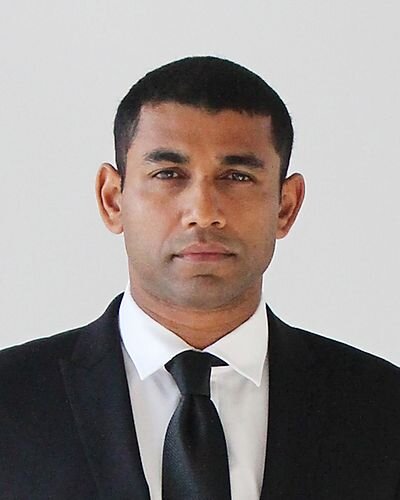
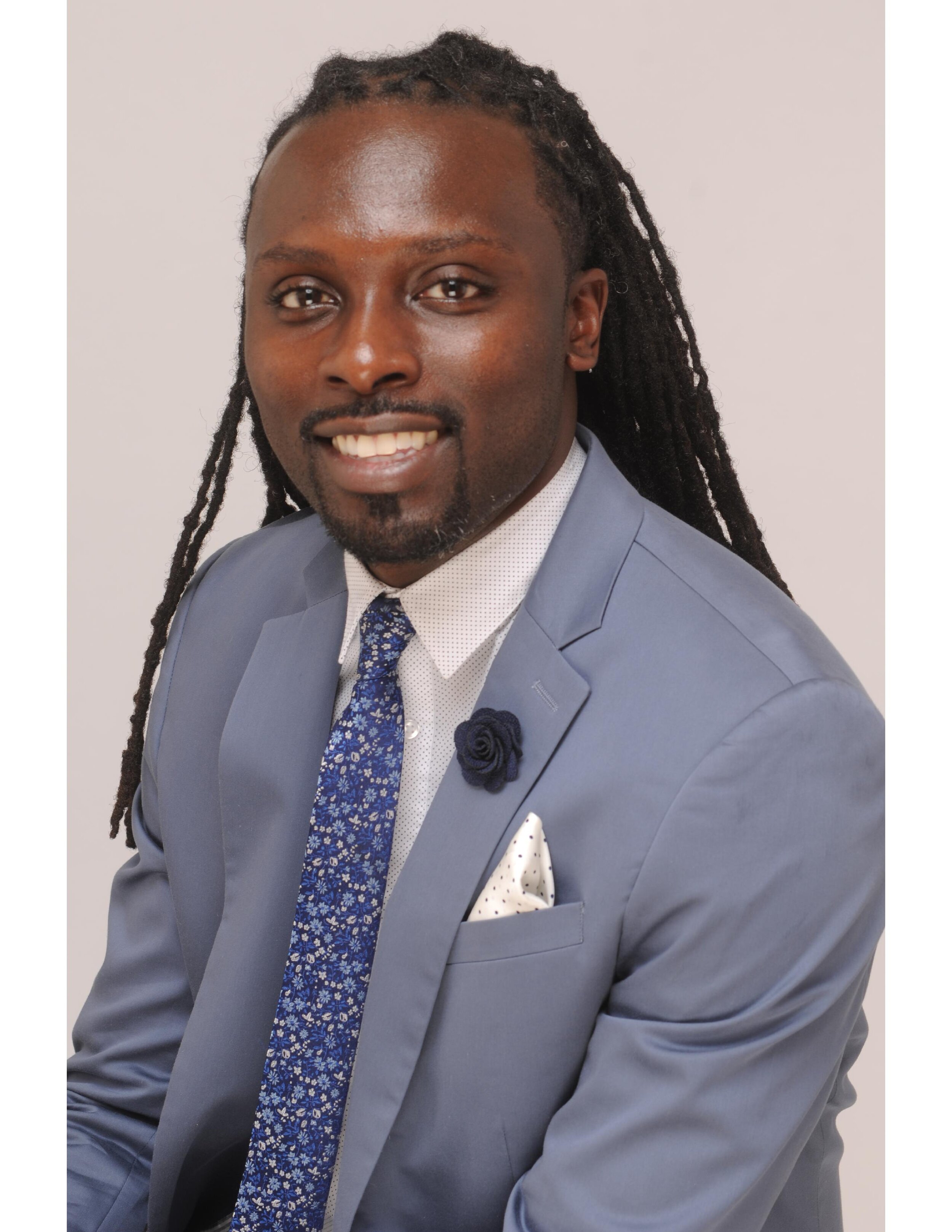


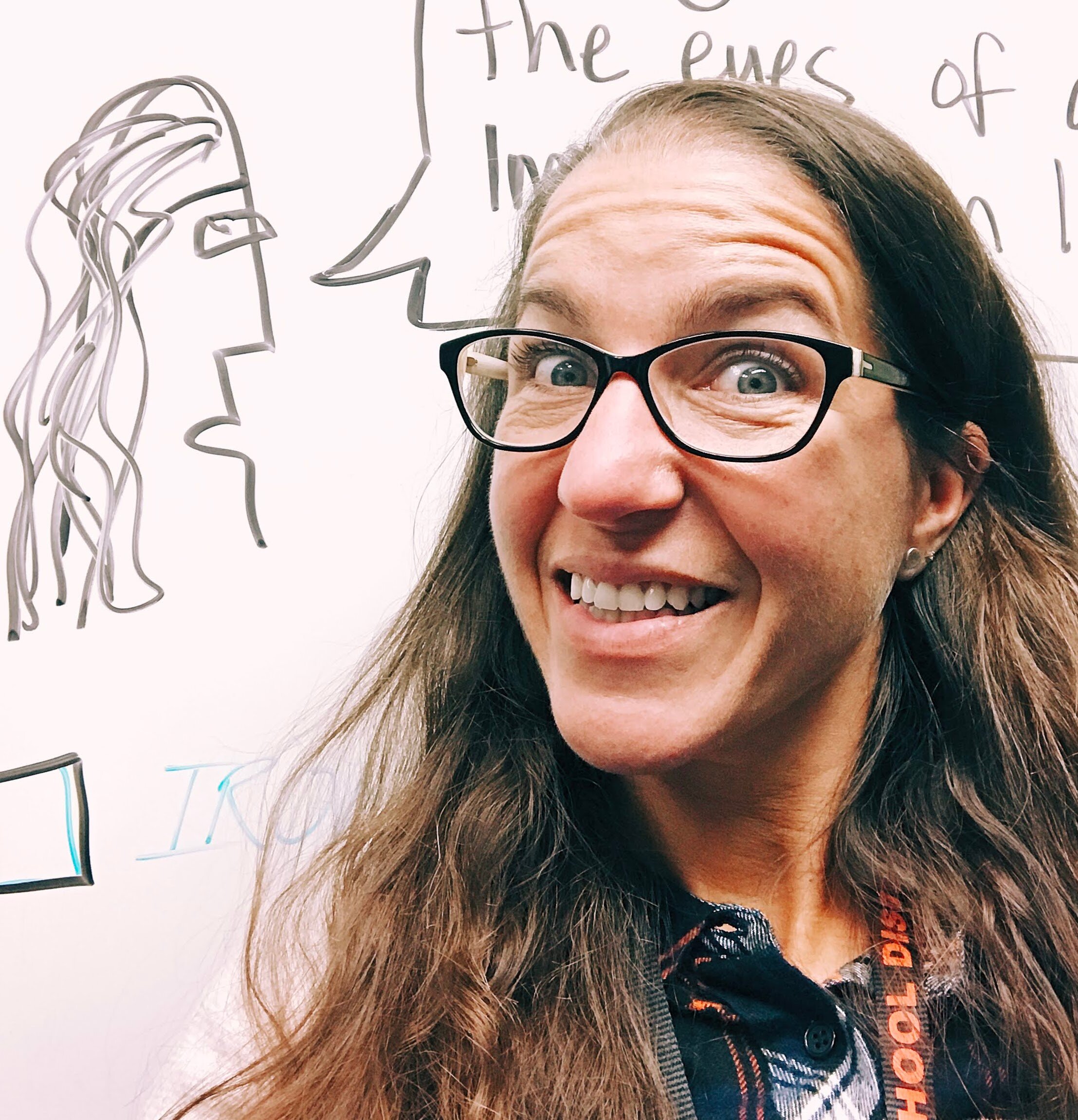
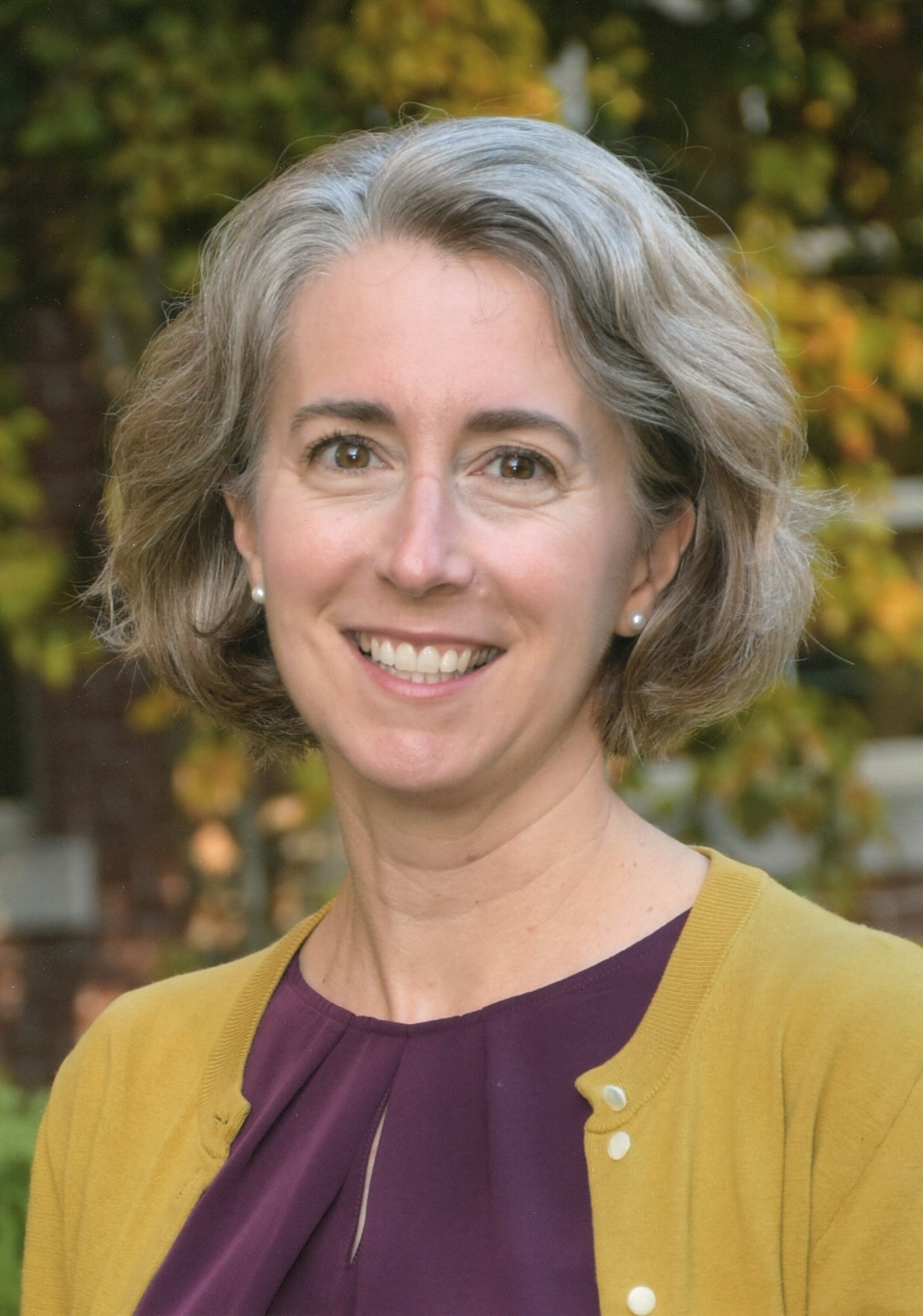
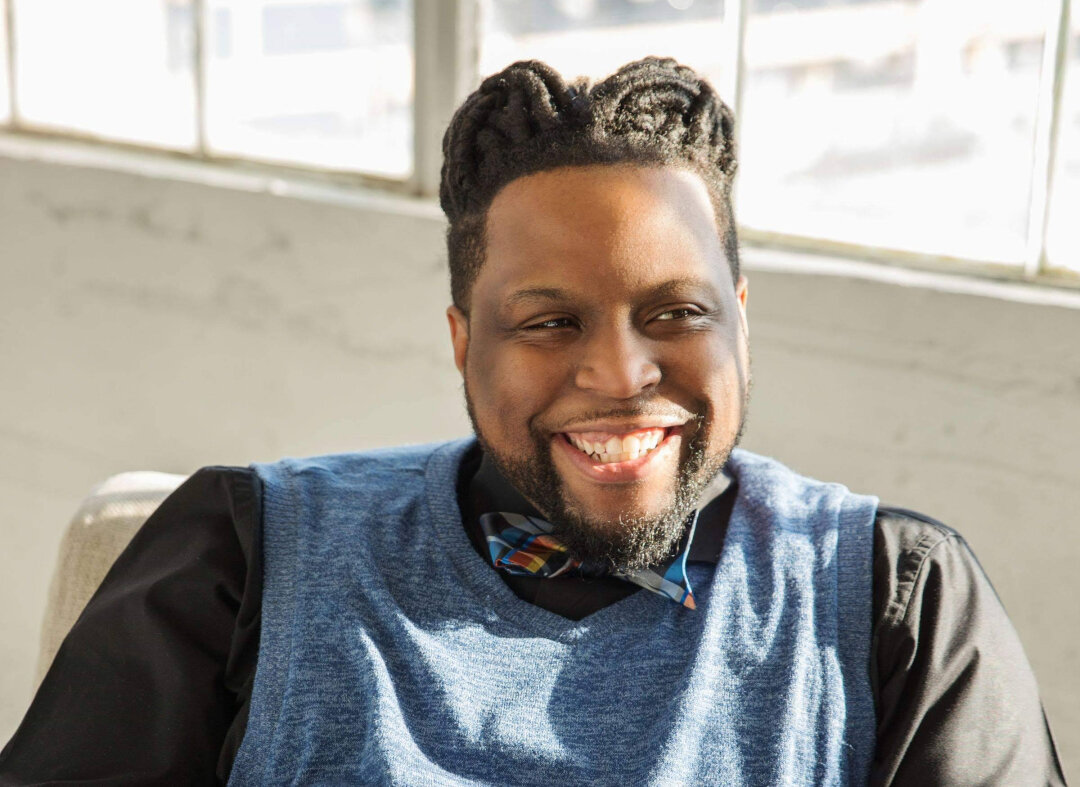
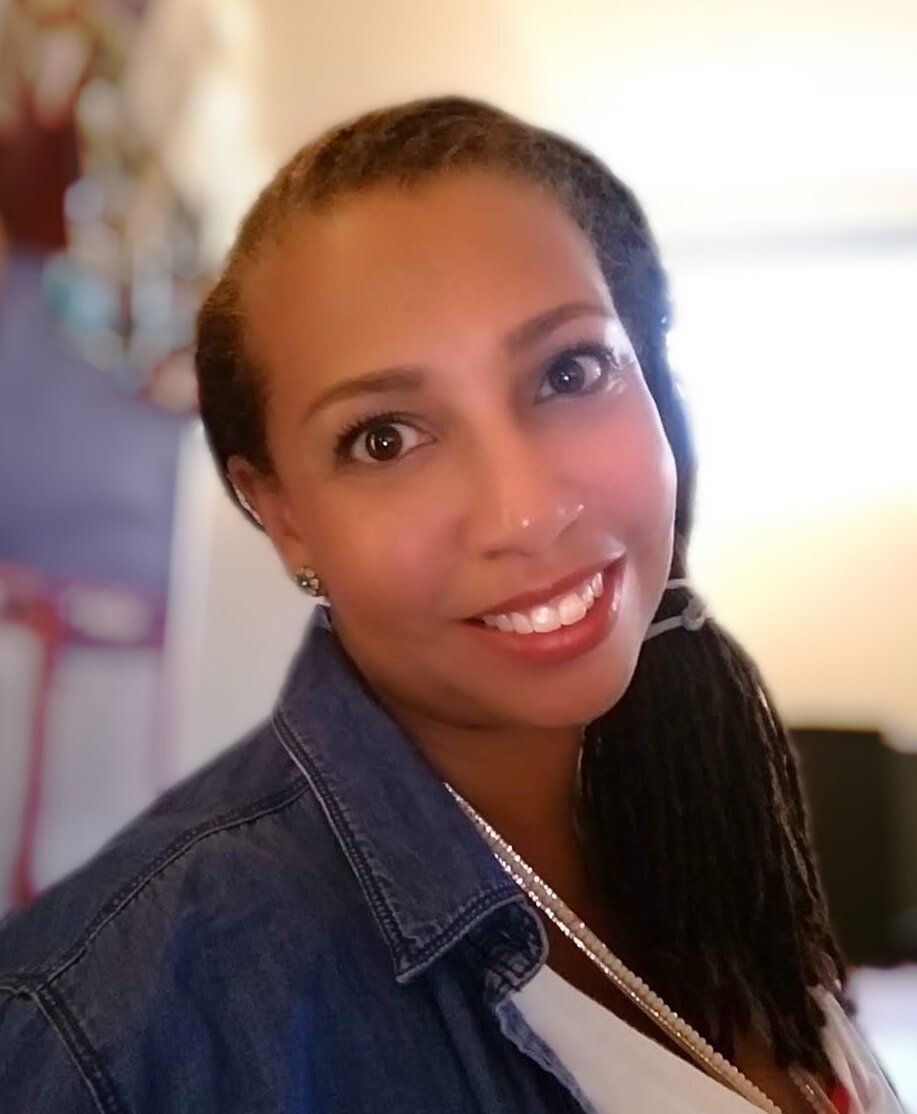

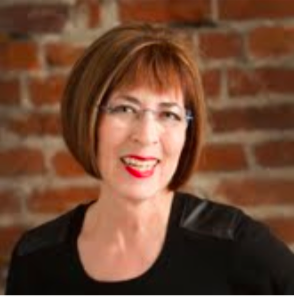

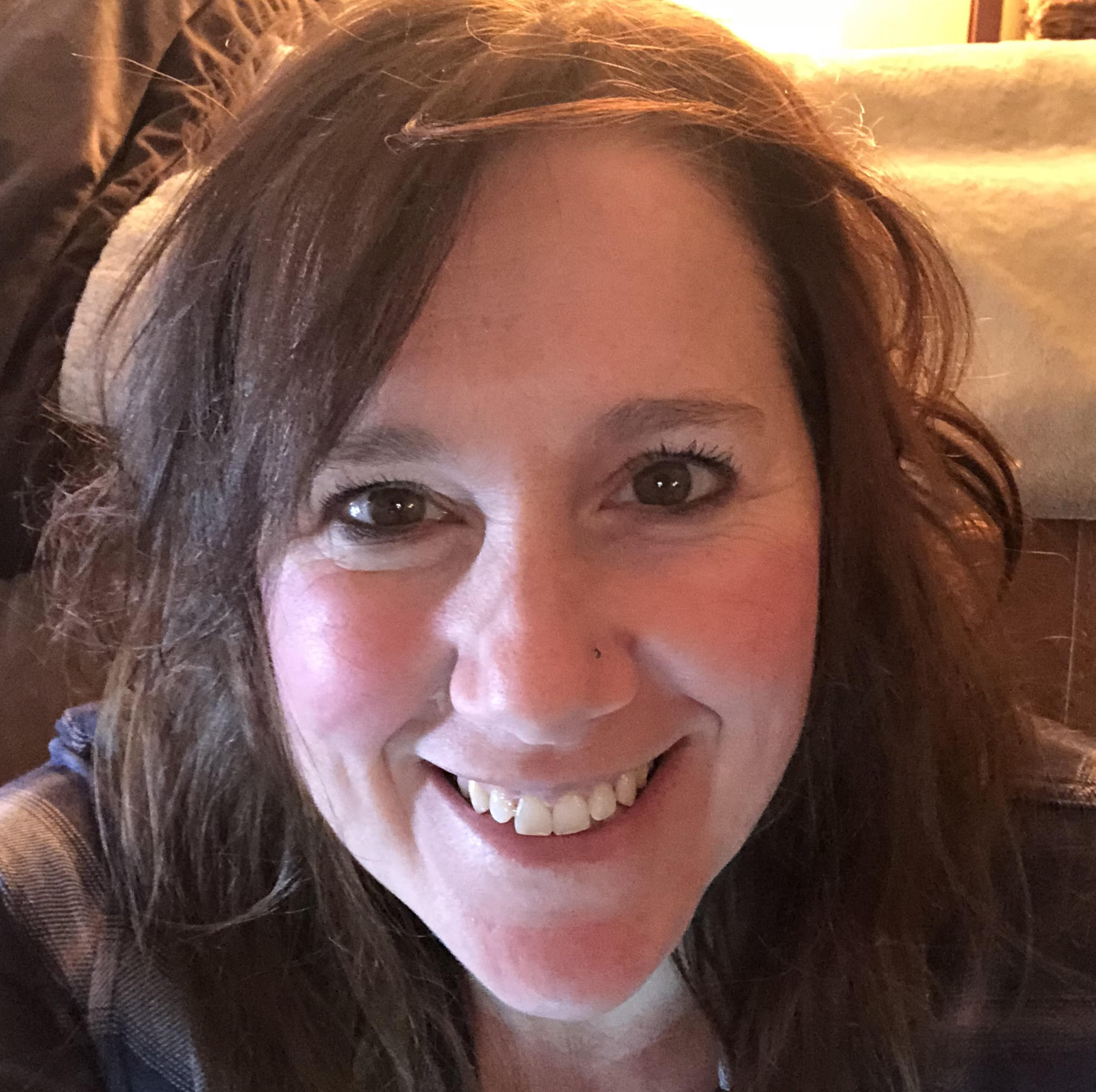

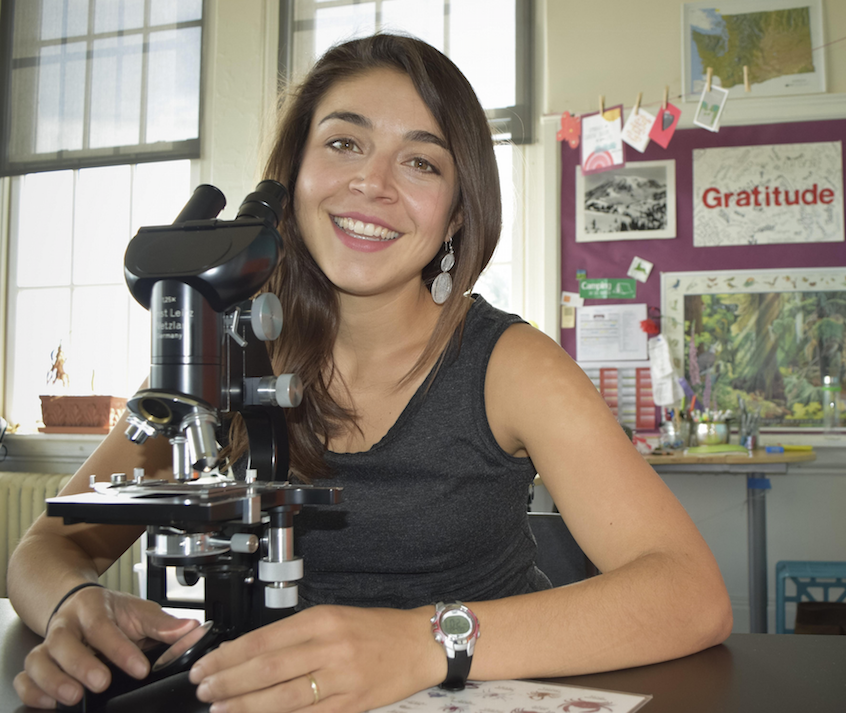


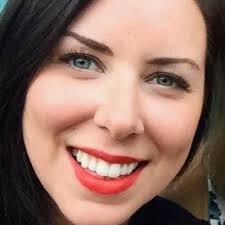
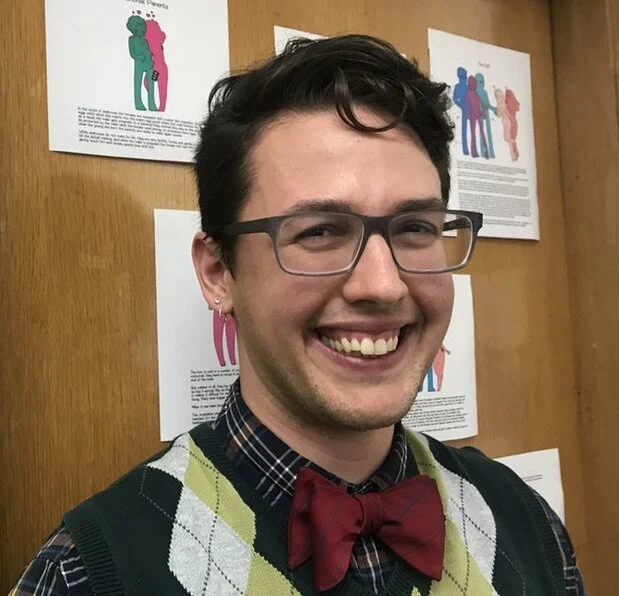

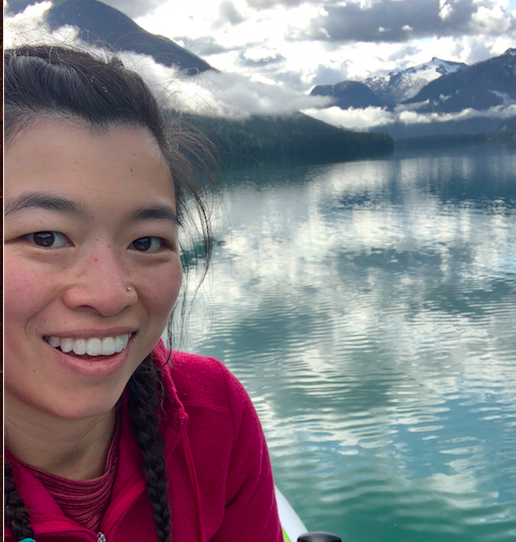


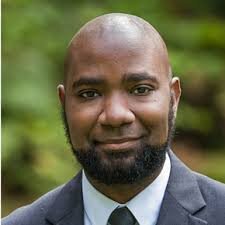



Your lesson, should you choose to accept it, is to strengthen your practice through interviews with fellow educators who are exploring new ways to teach languages, revisiting previously held assumptions and enriching their classroom or school culture. Being a classroom teacher can be very isolating, and your host, Aviva Levin, hopes to introduce you to “agents” who will inspire you with new ideas, or make you feel less alone as they share their own setbacks.
Curious how to listen to listen to Lesson: Impossible? Each episode page below has a link to listen on Podbean, but you can click here to find how to listen to Lesson: Impossible on most popular podcast apps, including Apple Podcasts, Stitcher, Spotify, and Pandora.
Listened to every Lesson: Impossible episode and want some more? You can find a list of Aviva’s recommended educational podcasts and vlogs here, as well as a list of podcasts where Aviva has been a guest here.
Lesson: Impossible is proud to be one of the many amazing School Rubric podcasts.
Episode AUDIO Link: James Fester of Park Based Learning
Episode TRANSCRIPT: James Fester of Park Based Learning
MEET A RESOURCE: The Park Based Learning Project creates free lessons and resources using project based learning, and game based design, principles. They provide ready-to-use lessons and differentiated assessments, as well as opportunities to collaborate on specific local, state, or national park-based projects. The founder and leader of the Park Based Learning Project is James Fester who is also a teacher, consultant, author, and state and national park volunteer interpreter currently living in Minnesota.
Links:
• Visit a National Park (virtually)
• Parks Based Learning Website &Twitter
• Projects Gallery
• Structure of Parks Based Learning Experiences
• Hopewell Earthworks Project & Bears Ears Project
• Landmark Learning Project Handbook
• Article: “Engaging New and Diverse Audiences in the National Parks”
Episode AUDIO link: Agent Dr. Marquita Blades
Episode TRANSCRIPT: Agent Dr. Marquita Blades
Your lesson, should you choose to accept it, is to examine the factors contributing to, and find strategies to prevent or recover from, teacher burnout. The special agent assigned to help you with this task is Dr. Marquita Blades of Atlanta, Georgia.
In this interview we discuss:
• Marquita’s many educational projects
• Her path to becoming a teacher
• Her personal story of burning out
• How she defines ‘teacher burnout’
• The Mediocre Teacher Project
• How mental health impacts physical health
• The false narrative of teacher self-sacrifice
• Strategies to recover from a burn out
• How she thinks distance education will affect burn out
• How administrators can prevent burn out in their teachers
• How colleagues can help each other
• The Write Like a Gyrlfriend Scholarship
• Ways to contact Dr. Marquita Blades: her website, her Facebook, her Twitter, her Instagram
Episode Link: Agent Mandy Yom
Your lesson, should you choose to accept it, is to create positive relationships with students and families in a kindergarten class for English Language Learners. The special agent assigned to help you with this task is Mandy Yom of Skokie, Illinois.
In this episode we discuss:
• A game to put yourself in the shoes of an English Language Learner (ELL)
• How a sheltered ELL kindergarten program works
• How students are selected into the program in Illinois
• Mandy’s path to teaching
• Building relationships with ELL families
• Learning the value of boundaries
• Striving to find ways to include data-driven feedback into her practice
• Needing to adapt the kindergarten curriculum for ELLs
• The various challenges of distance learning
• Non-traditional ways of communicating with families
• Her ideal school: getting families truly involved
Episode Link: Agent Evo Hannan
Your lesson, should you choose to accept it, is to transform your passions for innovation and design into relevant assignments and global professional projects. The special agent assigned to help you with this task is Evo Hannan of Dwight School Dubai in the United Arab Emirates.
In this interview we discuss:
• His path to teaching design in Dubai
• How he stays relevant in his field
• What teaching design looks like
• Examples of student projects
• How he gets big companies involved in his projects
• Modeling being a designer and innovator for his students
• Making his projects and efforts transparent
• His live YouTube Ed Talks (next show is May 9 at 11am EST, 4pm GMT, 7pm GST)
• The Agency Project to promote student choice
• How Evo is able to stay passionate about teaching and avoid burnout
• His advice to new (and all) teachers
• His ideal school… that he’s currently developing in real life!
• Ways to get in contact: his website, Twitter, Instagram, YouTube
BONUS Episode Link: Agent Kwame Safro-Mensah
Your bonus lesson, should you choose to accept it, is to explore how you think COVID-19 will change education. The special agent assigned to help you with this task is Kwame Sarfo-Mensah, owner and founder of Identity Talk Consulting.
I chose to air a bonus episode in addition to Kwame’s full-length interview about teacher identity for two reasons: one, I thought his insights were worth sharing, and two, I liked the idea of creating a record of how COVID-19 has been changing the ways teachers view education. I spoke with Charles Williams at the end of March about this issue for an entire episode, and then spoke with Kwame a little over a month later, though that month felt like it actually lasted several years. In that time, almost all districts have switched to a distance education model, especially for younger students, with mixed results.
Moreover, while some parents are seeing their children struggle with distance education or miss school keenly, other parents are seeing their children bloom in a situation where they don’t need to face the racism, homophobia, or ableism that they are forced to deal with daily.
Another important change is that larger issues of equity in education have been highlighted publically and sparked mainstream conversations about how learning opportunities are distributed. Many districts seem to be waking up to the fact that just because all students enter the same building every day does not mean that every one of them has equal access to technology, the Internet, and time to try and replicate the school experience at home, not to mention the 1.3 million American students who experience periods of unstable housing.
All of this to say, we are having more productive national and international conversations about education than I ever thought possible, and stake holders like parents are looking critically at our education systems now that many of its faults have been exposed. This is not to imply that there are not amazing teachers and districts that are doing wonderful things, and I do want to acknowledge their incredibly hard work. However, unless we’re willing to call out the places where we’re failing students, there’s no way we can change.
This excerpt from our conversation begins around at the 24-minute mark of episode twenty.
Episode link: Valerie Cerra of Lesson aLIVE
MEET A RESOURCE: Valerie Cerra, of Lesson aLIVE, a marketplace that connects educators and learners to experts and motivational speakers.
We discussed:
• Valerie’s background and her journey towards founding Lesson aLIVE
• How she finds her speakers
• Her most recent favorite presenter: Dr. Eva Pell
• How COVID19 has affected Lesson aLIVE, including adding relevant content via webinar
• The pricing model for speakers (including pro bono/grant options)
• How to contact her with new ideas and suggestions
A little background: Occasionally I will get messages from businesses asking to come on the podcast. It has been my policy to say no (sorry Mensch on a Bench, aka the Jewish Elf on the shelf) but after some reflection, I realized that there are a lot of online educational resources out there, and it might make teachers’ lives a little bit easier during this pandemic if I were to highlight a few. Therefore, I’m starting a new series of bonus episodes that I’m calling “Meet the Resources” where educational product innovators can discuss the resource that they have created. To relate this to the Mission: Impossible theme, I am hoping to feature the educational equivalent of Gecko Gloves, Smart Contacts, or Flute Guns: technology that has been created to make your impossible lessons actually possible! I want to make it clear that I am not endorsing any products that I feature, though I’ll only cover them if I think they have merit for working teachings, nor am I receiving any compensation whatsoever.
Please feel free to share any feedback on whether or not I should continue with this bonus series, or if you have a suggestion for a resource I should reach out to, at aviva.levin@gmail.com.
Episode Link: Agent Kwame Sarfo-Mensah
Your lesson, if you choose to accept it, is to examine how your various personal identities intersect and influence how you interact with students and colleagues. The special agent assigned to help you with this task is Kwame Sarfo-Mensah, owner and founder of Identity Talk Consulting.
Kwame Safro-Mensah has over 14 years of experience in the classroom, teaching middle school math and science in Philadelphia, and then Boston, public schools. In addition to this, he has written two books and various articles, offers tutoring for students and online classes for first year teachers, and has his own internet talk show, “Identity Talk 4 Educators LIVE”, where he interviews guests about their personal stories and the specific elements that shape who they are as educators. Kwame was also named the 2019 Member of the Year by Black Educators Rock, Inc. and the 2019 Massachusetts Celebrity Educator of the Year! I talked to Kwame in early April, a little over a week after he and his family had come back to Boston, after spending a year in Addis Ababa, Ethiopia where his wife was working as a director for the Peace Corp. Kwame is obviously an incredibly busy person, however his family was in quarantine after returning to the States, which was unfortunate for them, but a great opportunity for the podcast, and I was able to speak to him over Zencastr.
Links:
•Kwame’s website
•His books:
oFrom "Inaction" to "In Action": Creating a New Normal for Urban Educators
oShaping the Teacher Identity: 8 Lessons That Will Help Define the Teacher in You
•Articles:
o“Bringing a Culturally Responsive Lens to Math Class”
o3 Fun Activities for Strengthening Numeracy Skills”
Episode Link: Agent Rebecca Blouwolff
Your lesson, should you choose to accept it, is to teach students how to use a foreign language using authentic resources and relevant units, with the goal of making proficient speakers. The special agent assigned to help you with this task is Rebecca Blouwolff of Wellesley Middle School in Wellesley, Massachusetts
Rebecca and I share a similar background: we both started our careers intending to teach Social Studies, and we both found ourselves teaching French instead! To make a long story short: in my second year of teaching I was given a contract that included teaching French because I was the most qualified of the unqualified, and then I fell in love with it. (If you’re interested in the much longer version of this story, I spoke about my journey to becoming a language teacher on Kris Broholm’s Actual Fluency podcast.) Along with going back to school to become qualified for real, I was able to become better by finding role models online who represented the kind of language teacher that I aspired to be, and Rebecca Blouwolff is definitely one of them. And I’m not the only one who thinks she is amazing; the American Council on the Teaching of Foreign Languages (or ACTFL) named her the 2020 National Language Teacher of the Year!
In this episode we discuss:
• Rebecca’s transformation to a proficiency based teaching model
• Why she chooses to use authentic resources
• How she’s still learning how to let go of accuracy in favor of proficiency
• How to help parents understand new ways of language learning
• Her favourite unit: “Un Meilleur moi” (“A Better me”)
• Why she’s so generous with her resources
• Her experience (so far) with distance learning
• What she looks forward to for when she’s back in the classroom
• Advice for beginning teachers
• Areas she’d like to improve in
• Rebecca’s inspirations: Lisa Shepard, Amy Lenord, Natalia DeLatt, Creative Language Class, We Teach Languages, ACTFL books, Paul Sandrock, Leslie Grahn
You can contact Rebecca through:
Twitter: https://twitter.com/MmeBlouwolff
Blog: https://mmeblouwolff.weebly.com/
Episode Link: Agent Andre Daughty
Your lesson, should you chose to accept it, is to use social media to create connections with, and educate, your teaching colleagues. The special agent assigned to help you with this task is Andre Daughty, educational speaker and content creator, of Oklahoma City, OK
Andre Daughty has one of the most prolific online presences of any educator that I’ve seen: he’s on twitter, intagram, Facebook, has his own blog, multiple YouTube series, as well as an online office! Of course, he manages this all while facilitating workshops for schools and organizations. I wanted to talk to him about what being an educator that shares his life online is like, and give some perspective for others who may be considering doing something similar.
In this episode, we discuss:
Andre’s path to teaching, that started verrrrrrry early
Why Andre wants kids to have their first Black, male, teacher in elementary school
Why using his own kids in his workshops makes them powerful
How teaching is 90% performing, 10% planning
Bringing laughter into the lives of teachers (“Laugh a Lil”)
How we can build community digitally without ever meeting a friend in person
Why he prefers video communications to blogging
Using movies to bring forth teachable moments (“Reel Moments”)
Finding the lessons in life that help inform his teaching (“Chew on This”)
Why he’s willing to share his life online
Combatting racism in education
Tips for starting a YouTube account
Getting positive and negative feedback from his audience
His willingness to engage in difficult conversations
Why he doesn’t block anyone on his Facebook page
The many ways to engage with Andre online
How to connect with Andre:
Facebook: https://www.facebook.com/TheAndreDaughty/
Instagram: https://www.instagram.com/andredaughty/
Twitter: https://twitter.com/andredaughty
YouTube: https://www.youtube.com/user/ardaughty/videos
Website/blog: https://andredaughty.org/
Episode Link: Agent Hedreich Nichols
Your lesson, should you choose to accept it, is to help your students, and fellow teachers, use technology in a mindful and transformative way in the classroom. The special agent assigned to help you with this task is Hedreich Nichols, middle school technology teacher in Arlington, Texas.
In this episode we discuss:
Being a teacher lead and mentoring other teachers around technology
Why she wants to help teachers find and vet apps
What to say to those who reject technology in classes
Her favorite unit: students using social media to effect real world change
Teaching students about building personal brands
Educating other teachers about diversity
Being "crotchety" (modeling good and bad moods; making family time explicit to students)
Her dream school: multi-grade project-based learning focusing on interests and strengths
How to find Hedreich online:
Website: https://hedreich.com/
Twitter: @Hedreich and @MsNicholsTech
Instagram: @HedreichNichols
TikTok (NEW!): @MsNicholsTech
And for fun, check out her amazing voice on Spotify.
You can also listen to her being interviewed on the 'Cult of Pedagogy' Podcast, where she discusses nine ways to create a more inclusive classroom
Episode Link: Agent Charles Williams
Your lesson, should you choose to accept it, is to explore the many ways COVID-19 can create positive changes to our educational systems. The special agent assigned to help you with this task is Charles Williams, principal of Plato Learning Academy, in Chicago, Illinois.
Charles Williams and I spoke at the end of March, as many schools were figuring out what education was going to look like in the coming days, weeks, and months. His perspective comes from being a principal in one of the many Chicago Public Schools, or as he refers to it, CPS. My perspective comes from being an educational podcaster as well as being a person who has a special aptitude for worrying about the future.
Like many of my interviews during this pandemic, it did not follow the orderly set of questions that I had gotten used to asking educators about their practice. Instead, it became a conversation about how Charles and I hope educational institutions can be transformed. Before we began recording, we had been joking about the various methods of communication we had each been trying out, and that topic quickly launched into talks of possible positive change.In this episode
Charles Williams and Aviva Levin discuss how COVID-19 has the potential to positively transform educational systems, specifically allowing us to:
• Reconsider how we’re using assessments
• Utilize assessment in a vastly different way
• Examine what the school day looks like
• Explore how content is delivered
• Incorporate trauma-informed teaching
• Move beyond hashtags to real change
• Facilitate transparent communication
• Be aware of the terminology that we use
• Figure out what is essential and non-essential
• Highlight the value placed on educators
• Heighten collegial collaboration
• Increase parental involvement
Find out more about Charles Williams:
• Plato Learning Academy
• CWS Consulting
• Charles’ Twitter
• The ‘Parking Lot Thoughts’ Videos
UPDATE MAY 2020: Charles Williams, has started his own education podcast! It’s called the Counter Narrative Podcast and its goal is “to challenge the dominant narrative surrounding our marginalized populations by highlighting the amazing work being done around the world by educators, students, and communities as they face daunting odds.”
Episode Link: Agent Rita Wirtz
Your lesson, should you choose to accept it, is to critically examine what we are expecting of teachers, students, administrators and parents as schools are being shut down around the world. The special agent assigned to help you with this task is Rita Wirtz of Eugene, Oregon.
Rita Wirtz is the educational equivalent of Madeline Albright or Henry Kissinger: she’s seen it all, done it all, and weathered all the buzzwords and initiatives that have come and gone. I was honoured when she responded to an interview request made prior to COVID19, saying that she had an urgent message for teachers and administrators during this unprecedented time and it needed to be heard sooner rather than later. What follows is not a usual Lesson: Impossible episode, but an impassioned plea to do right by teachers and students in this trying time.
Find out more about Rita:
Twitter: @RitaWirtz
FB: Rita’s Facebook
Website: RitaWirtz.com
Instagram: @ritamwirtz
Books: Stories From a Teacher’s Heart, Reading Champs
BAM blog: https://www.bamradionetwork.com/user/ritawirtz/
Specific blog post referenced in the episode: https://www.bamradionetwork.com/moments-reflections-leaving-footprints-on-your-reading-hearts/
Episode Link: Agent Kate Ames
Your lesson, should you choose to accept it, is to explore the diversity of engaging online learning experiences. The special agent assigned to help you with this task is Professor Kate Ames, director of learning design and education, at CQUniversity Australia in Brisbane.
When I first started reading Kate Ames’ blog, and contacted her about a possible interview, distance education was a fairly niche topic. Since then, as the world has been attempting to slow the tide of COVID19, this has become a more pressing issue. My hope is that listeners who are currently facing the reality of distance and online education being thrust upon them will feel more confident as they move forward, and that those who are listening in the future where everything has hopefully gone back to normal can be equally intrigued by Kate Ames’ thoughtful practice.
In this episode Kate Ames discusses how:
-being a life-long student informs her teaching practice
-distance teaching means being a facilitator and curator of resources
-to get away from the in-class mindset
-to reimagine learning time when students aren’t in class
-not to overwhelm students
-student-centered learning engages reluctant learners
-teachers can deal with criticism in student forums
-online learning promotes diversity
-to monitor and get energy from your class
-to keep expectations clear for students and teachers
-connecting with students is not only possible, but enriching
Links:
-Kate's blog: https://onlineedreflections.wordpress.com/
-Kate's twitter: https://twitter.com/Kate_Ames
-Kate's research: http://cqu.academia.edu/KateAmes
-Kate's book on time management: https://www.routledge.com/Time-Management-for-Academic-Impact-Controlling-Teaching-Treadmills-and/Ames/p/book/9780367403775
Thank you to everyone who has rated and reviewed Lesson: Impossible on iTunes! The podcast made it onto the US charts for the first time, which means more people have the possibility of discovering it and being inspired by my amazing guests. So if you were one of those who rated and reviewed, thank you very much, and if you haven’t already, please consider doing so!
A quick note: I had some technical difficulties at the beginning with our voices, but it soon smooths out to normal.
Episode Link: Agent Suzannah Evans (Podcasting Primaries)
Your lesson, should you choose to accept it, is to not underestimate primary students’ abilities to use technology, think metacognitively, and mentor their peers. The Special Agent assigned to help you with this task is Suzannah Evans a primary teacher and teacher mentor at Hygiene Elementary in the St. Vrain Valley School District of Longmont, Colorado.
In this episode, I learn how similar learning can be from K-12 while we discuss:
-Technology use with younger students
-Digitally inviting parents into the classroom
-How to give effective feedback
-Sharing updated brain science with students
-Student self-assessment and reflection
-Peer feedback and coaching
-The most adorable financial literacy podcast in the world
Links:
• Math Self Assessment
• Writing Rubric Self Assessment
• Powerful Teaching link
• Zones of Regulation
• Podcast Example
• Suzannah's Twitter: @SuzannahEvans2
Episode Link: Agent LaTezeon Humphrey Balantine
Your mission, should you choose to accept it, is to examine what your students need, whether it be representative books, positive attention or hygiene products, and try to find ways to meet those needs. The special agent assigned to help you with this task is LaTezeon Humphrey Balentine of Natchez, Mississippi.
Latezeon is an incredibly inspiring teacher with one of the most open and giving hearts. I found her on Twitter where she always has motivating words, and many many books to give away to teachers and students. Latezeon recently left classroom teaching to be an educational consultant at Education Galaxy, which provides online assessment, practice and instruction for students. She also has a children’s book, called “Fur Friends” coming out on April 24, 2020, with a percentage of her sales going to an animal shelter.
This interview involved a lot of firsts for me: the first interview with someone outside of Washington or British Columbia, the first online recording I’ve done, and the first time I’ve cried with my interviewee at the end of the interview.
Ms. Humphrey-Balentine’s goal is to provide two $200 book scholarships to students this coming June. Lesson: Impossible is happy to give $100, and will match up to another $100 that listeners are willing to give. So, if you donate through https://venmo.com/LaTezeon-Balentine and email me at aviva.levin@gmail.com or DM me at @avivalevin with how much you gave, I will add that to the total I will donate. Latezeon has given so much of her own money and time constantly, let’s help take a little of the burden off of her shoulders!
LINKS:
Donate to LaTezeon’s book scholarship: https://venmo.com/LaTezeon-Balentine
LaTezeon’s Website - www.lhbwithlove.com
LaTezeon’s Twitter - https://twitter.com/LHBLovesEDU
LaTezeon’s is an Educational Consultant for Education Galaxy: https://educationgalaxy.com
Books mentioned:
Piecing Me Together by Renée Watson
What Momma Left Me by Renée Watson
The Skin I'm In by Sharon Flake and Jason Reynolds
Episode Link: Agent Christine Primomo (Science for Girls?)
Your lesson, should you choose to accept it, is to examine how science curriculum for female-identifying students can go beyond clichéd ideas in order to facilitate an informed exploration of their world. The Special Agent assigned to help you with this task is Christine Primomo from Lake Washington Girls’ Middle School in Seattle, Washington.
Episode links:
For more about the Lake Washington Girls’ Middle School: http://www.lwgms.org
For more about Islandwood on Bainbridge: https://islandwood.org/school-overnight-program/
For more about the IBM Hack a Hair Dryer Campaign: https://www.bbc.com/news/blogs-trending-35027902
For the teaching guide for “Salmon vs. Dams:
The Dam Removal Debate on the Elwha River”: https://www.k12.wa.us/sites/default/files/public/indianed/tribalsovereignty/elementary/uselementary/uselementary-unit3/unit3materials/lesson7/americanfieldguide.pdf
For more on how women are othered in science research and elsewhere: Invisible Women: Data Bias in a World Designed for Men by Caroline Criado Perez
For more on Henrietta Lacks, including teaching resources: http://rebeccaskloot.com/the-immortal-life/
For more on the Tuskegee Syphilis Experiment: https://www.history.com/news/the-infamous-40-year-tuskegee-study
For more on teacher self-care: Onward: Cultivating Emotional Resilience in Educators by Elena Aguilar
For more on Christine’s frequent collaborator, and former Lesson: Impossible guest, Lewis Mayday-Travis: https://www.lessonimpossible.com/#/episodesix/
Episode Link: BONUS EPISODE: Agent Lewis Maday-Travis (Sex Ed)
Your bonus mission, should you choose to accept it, is to rethink how we teach sex education. The special agent assigned to help you with this task is middle school science teacher Lewis Maday-Travis, of Seattle, Washington, and last week’s guest.
Sources from the intro:
https://www.cdc.gov/std/stats17/adolescents.htm
http://www.ncsl.org/research/health/state-policies-on-sex-education-in-schools.aspx
https://www.bbc.com/news/amp/world-us-canada-44812833
Lewis’ recommended links:
Inclusive sex ed language checklist - originally AIDS Community Care Montreal & SextEd
Tips for talking with your kid about sex & relationships - Planned Parenthood
Scarleteen - Inclusive sex ed resources aimed at young adults
You can contact Lewis at fishyteaching@gmail.com and check out his blog at https://fishyteaching.com. You can hear last week's full episode with Lewis here.
Episode Link: Agent Lewis Maday-Travis (Inclusive Science)
Your lesson, should you chose to accept it, is to create relevant, body-centered, and inclusive lessons that give students opportunities to feel optimistic for the future. The Special Agent assigned to help you with this task is Lewis Maday-Travis, a middle school science teacher currently taking time off to write curriculum and provide professional training around inclusive classrooms, from Seattle, Washington.
Links mentioned in the episode (chronological):
More "Ambitious Science Teaching" information and Lewis' lessons
The photo of the dalmatian (from blog post "Think like an expert: teaching kids to see the big picture, Part 1")
Brave Conversation Skills Handout (from blog post "Holding brave conversations, in and outside the classroom")
Note to educators: hope required when growing roses in concrete by Jeffrey M. R. Duncan-Andrade
"How one transgender teacher came out to his students" (KUOW article)
Inclusive sex ed language checklist (originally AIDS Community Care Montreal & SextEd)
You can contact Lewis at fishyteaching@gmail.com and check out his blog at https://fishyteaching.com.
Episode Link: Agent Eugene Harrison (Special Education)
Your lesson, should you choose to accept it, is to make the Special Education classroom a welcoming and intellectually creative space for students of all levels. The special agent assigned to help you with this task is Eugene Harrison, of Richmond Secondary School, in British Columbia, Canada.
You can find out more about what Eugene is doing by taking a look at "The Inclusion Project": https://portal.sd38.bc.ca/class/6v8igit/Pages/default.aspx?ID=2#/=
Update: According to Eugene, "Biennale went really great! The tough kids actually wrote really meaningful and thoughtful reflections."
Episode Link: BONUS EPISODE: Agent Connaughton (New Teachers)
Your lesson, should you choose to accept it, is to consider ways to support teachers as they begin their careers. The agent assigned to help you with this task is last week's guest, Lauren Connaughton, in a special bonus episode.
For more information on teacher attrition, I recommend this article: https://tinyurl.com/y4ykgtgf
Episode Link: Agent Lauren Connaughton (Peace Circles)
Your lesson, should you choose to accept it, is to make the classroom a community where students feel welcomed, supported and challenged. The special agent assigned to help you with this task is Lauren Connaughton, of Tukwila Elementary School, in Washington, USA.
Episode Link: Agent Nate Bowling (Cultivating Citizens)
Your lesson, should you choose to accept it, is to view the job of the teacher as a farmer of nerds, curator of resources, and transformer of communities. The special agent assigned to help you with this task is 2016 Washington Teacher of the Year Nathan Bowling, formerly of Tacoma, and now Abu Dhabi.
You can find out more about Nate and the work he does at www.natebowling.com and http://nerdfarmpod.com
You can follow Nate on Twitter at @nate_bowling and @nerdfarmpod.
You can read more about his choice to leave Tacoma at www.thenewstribune.com/news/local/news-columns-blogs/matt-driscoll/article229043484.html
Episode Link: Welcome to Lesson: Impossible
TOP SECRET
MISSION NO. 001
CODENAME: Lesson: Impossible - An exploration of educational innovation
SITUATION: Podcast launch
LOCATION: Spotify, Stitcher, GooglePlay, PodBean, TuneIn, and iTunes
Your lesson, should you choose to accept it, is to listen to interviews with educators who are on the forefront of innovative pedagogy or making effective changes to old practices. Being a classroom teacher can be very isolating, and your host, Aviva Levin, hopes to introduce you to “agents” who will inspire you with new ideas, or make you feel less alone as they share their own setbacks. Subscribe to "Lesson: Impossible" on Spotify, Stitcher, GooglePlay, PodBean, TuneIn, or iTunes.